-
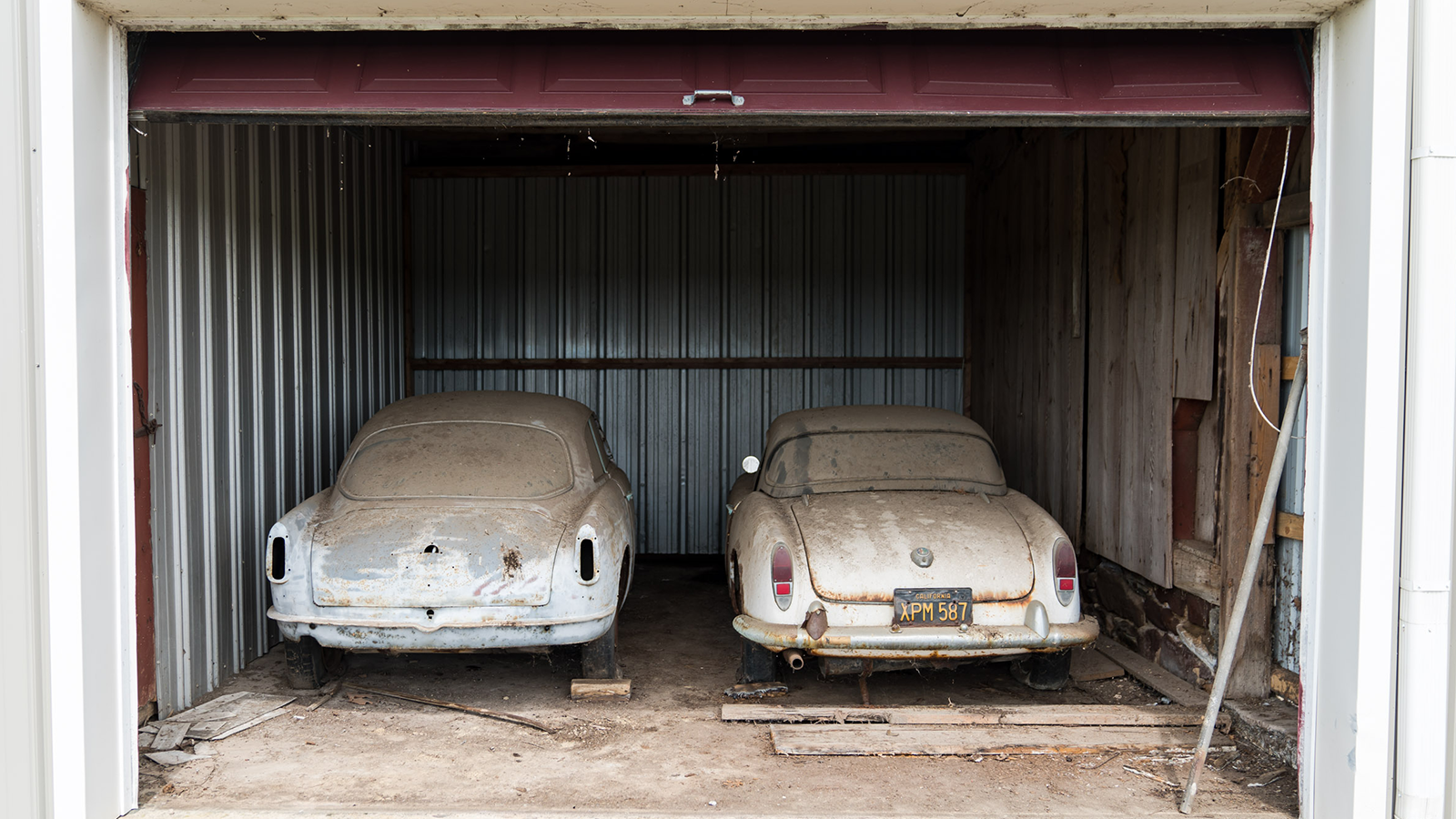 © LBI Limited
© LBI Limited -
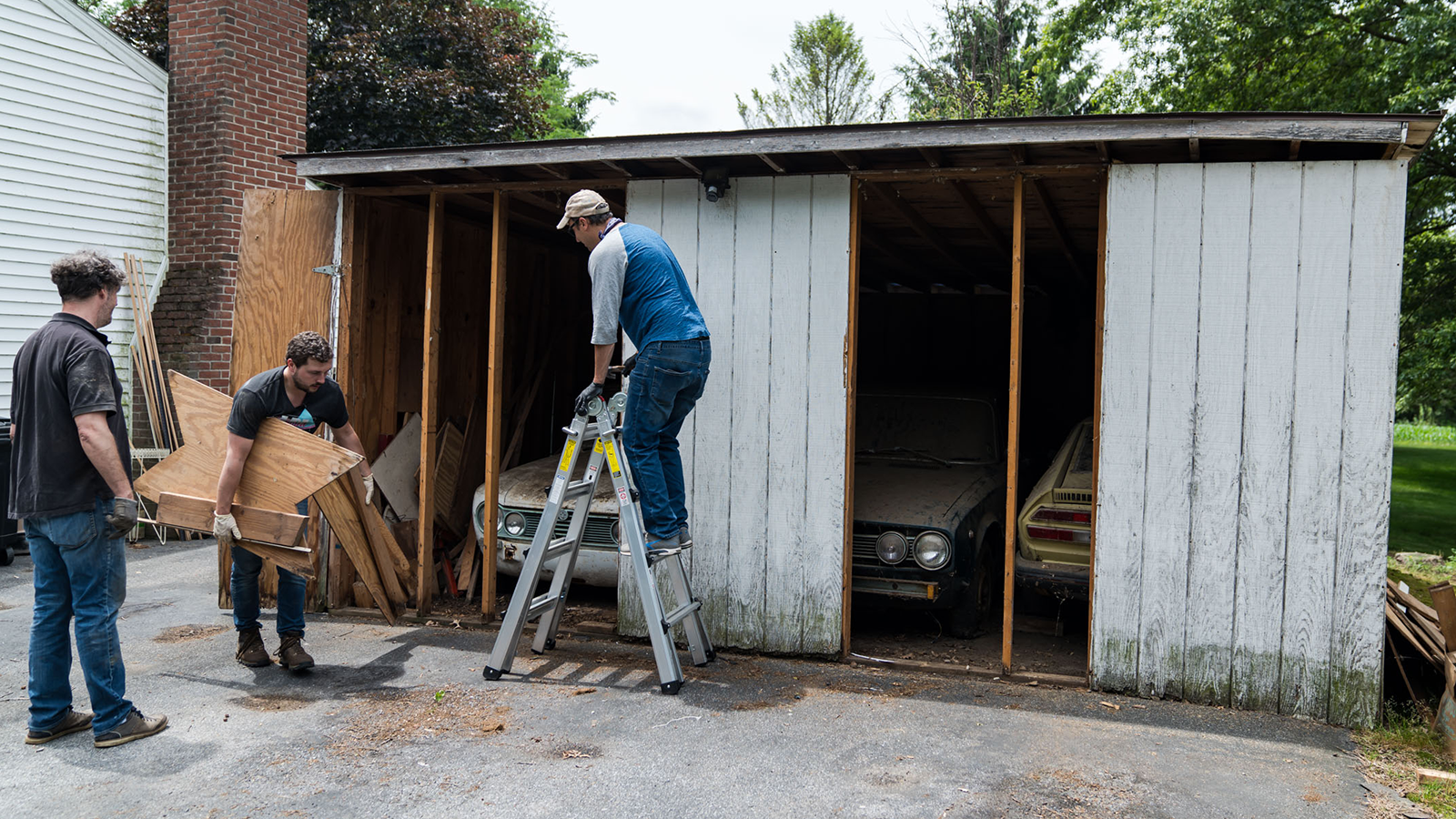 © LBI Limited
© LBI Limited -
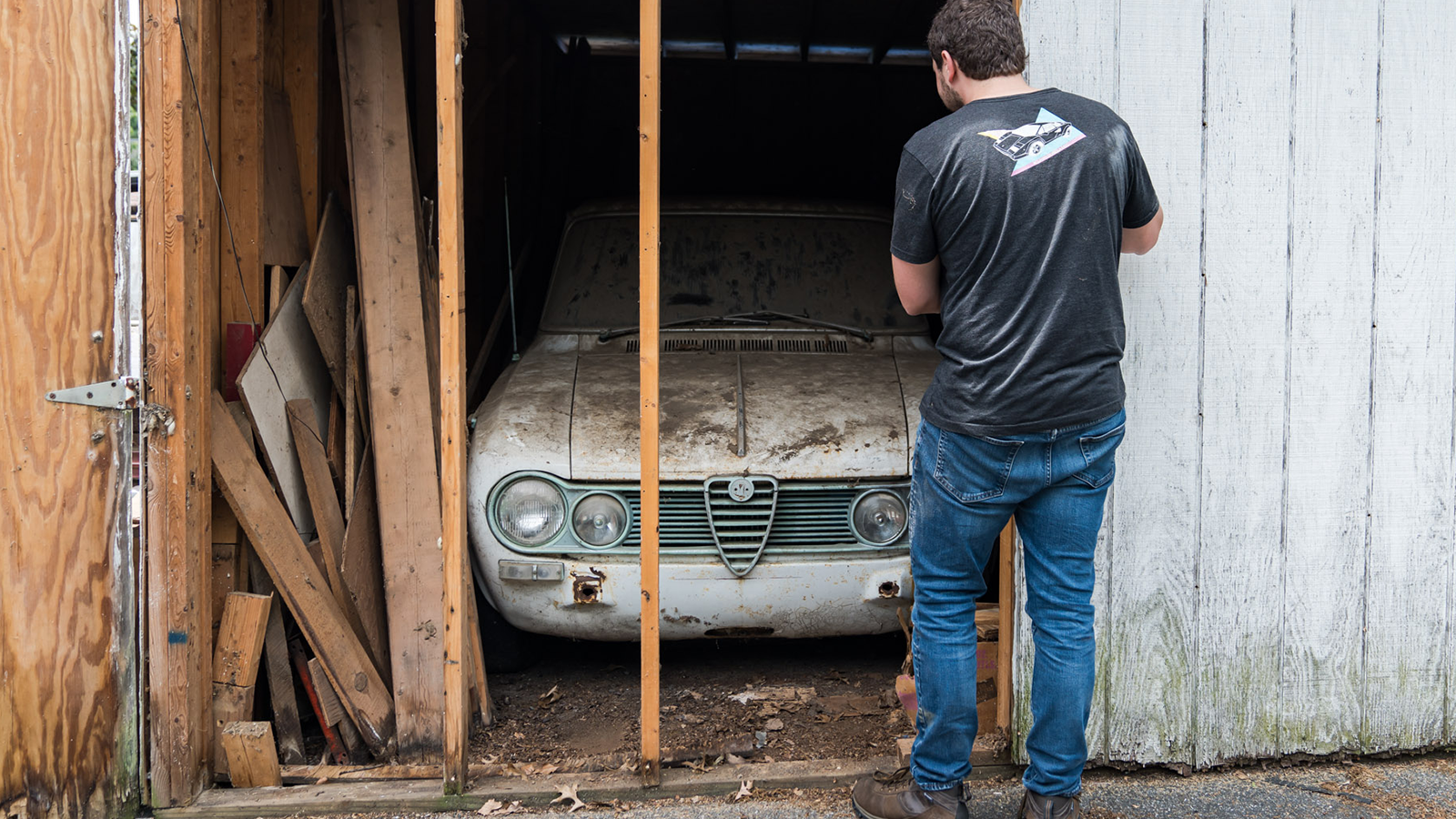 © LBI Limited
© LBI Limited -
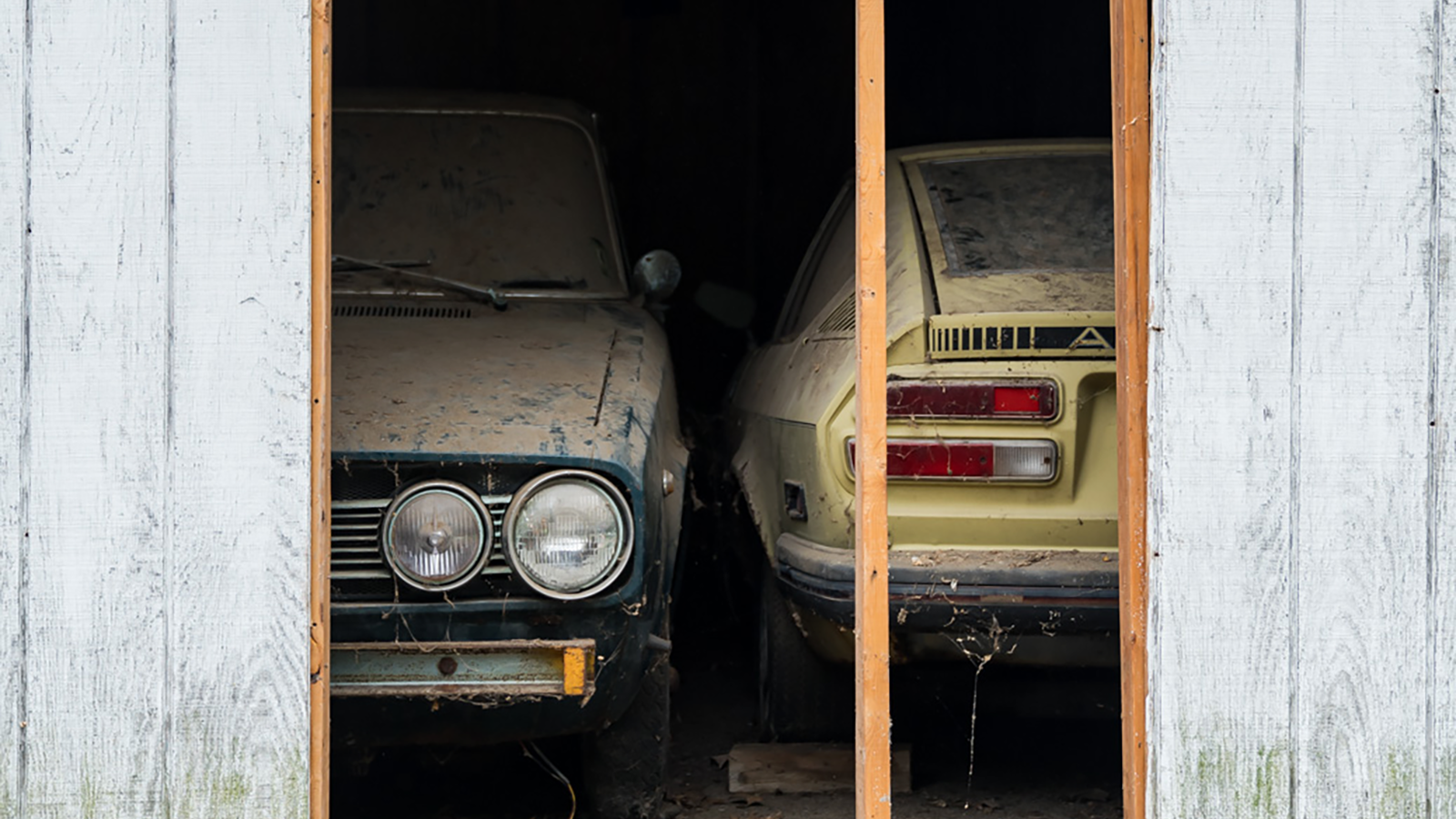 © LBI Limited
© LBI Limited -
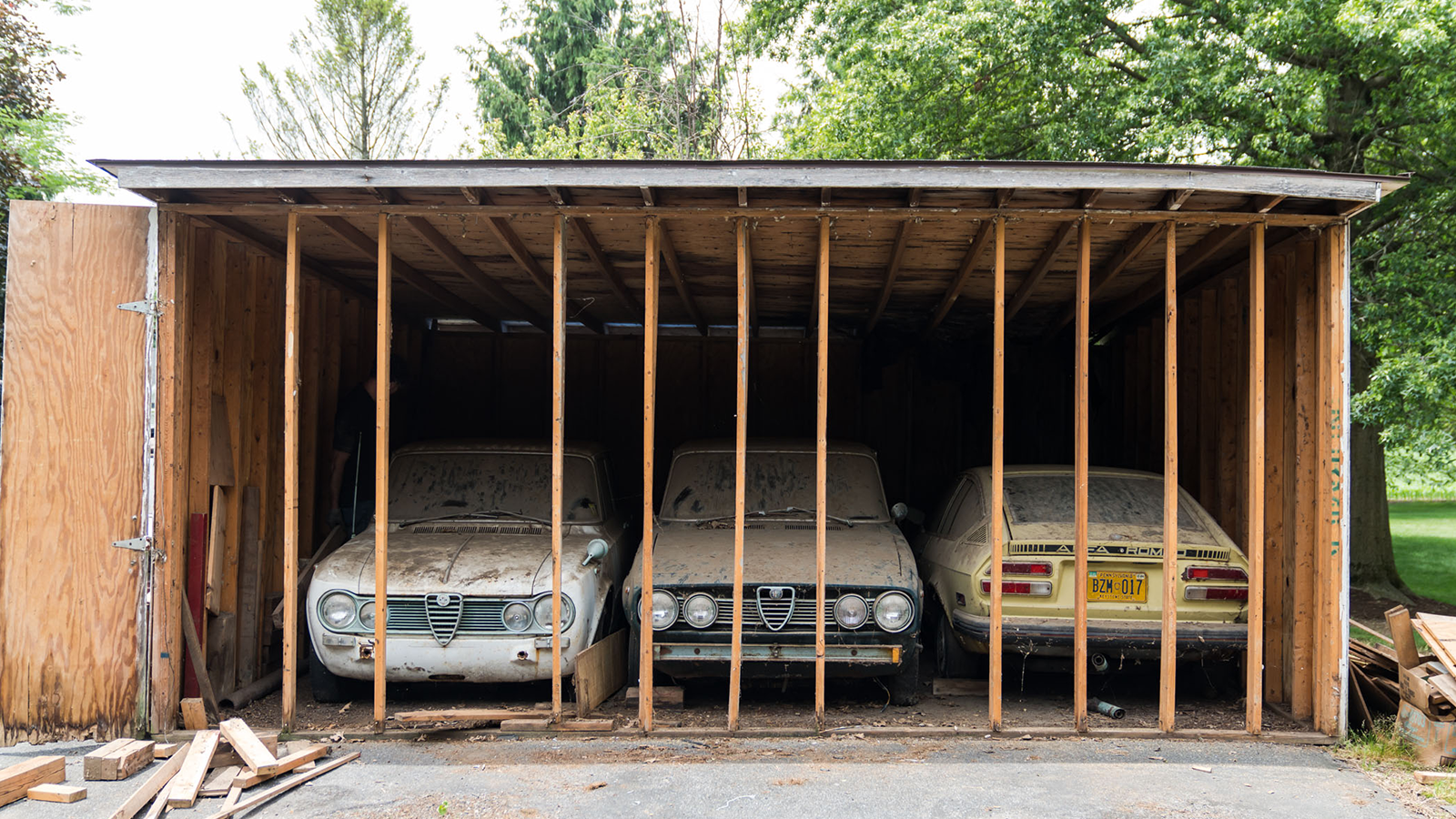 © LBI Limited
© LBI Limited -
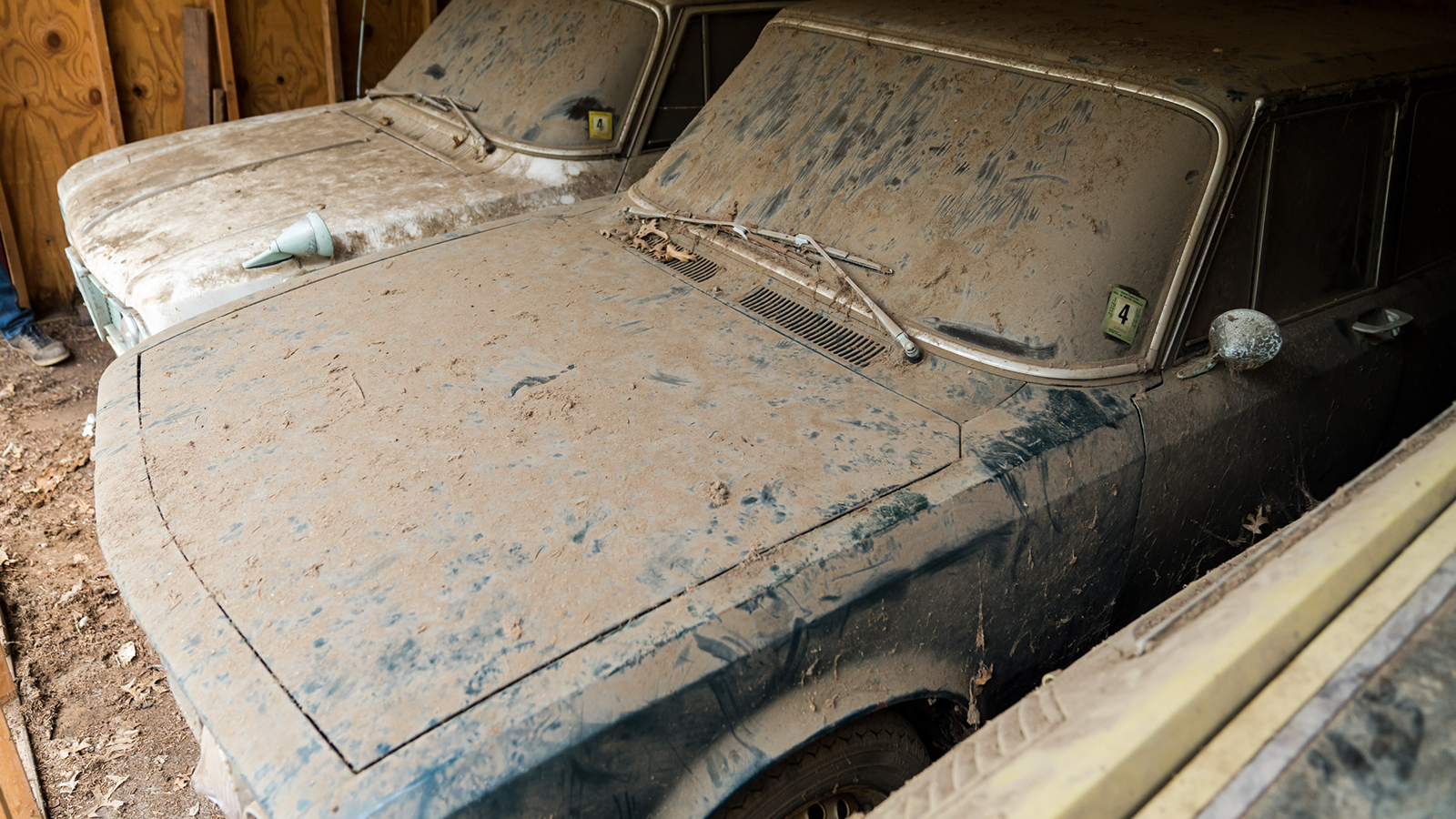 © LBI Limited
© LBI Limited -
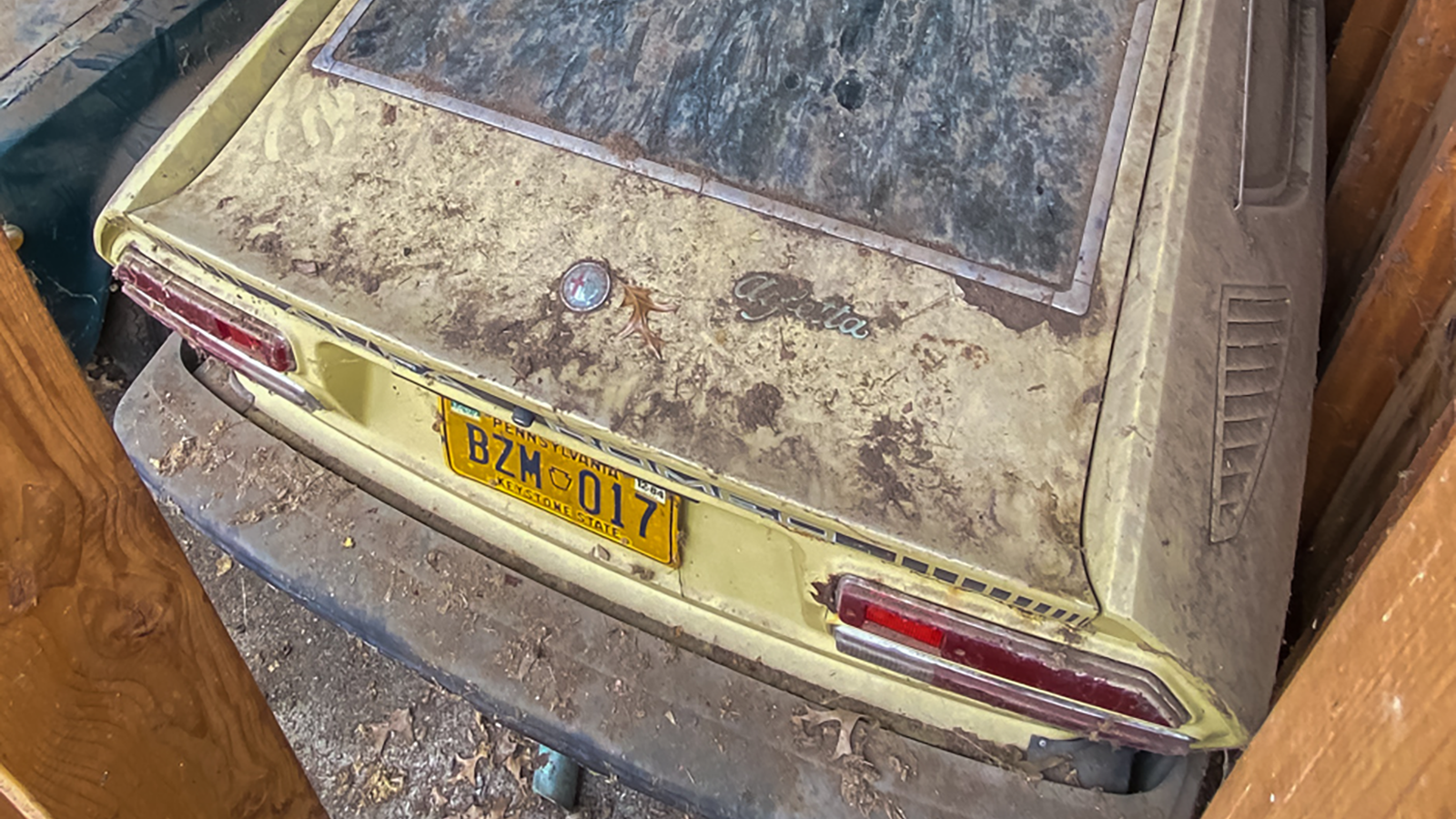 © LBI Limited
© LBI Limited -
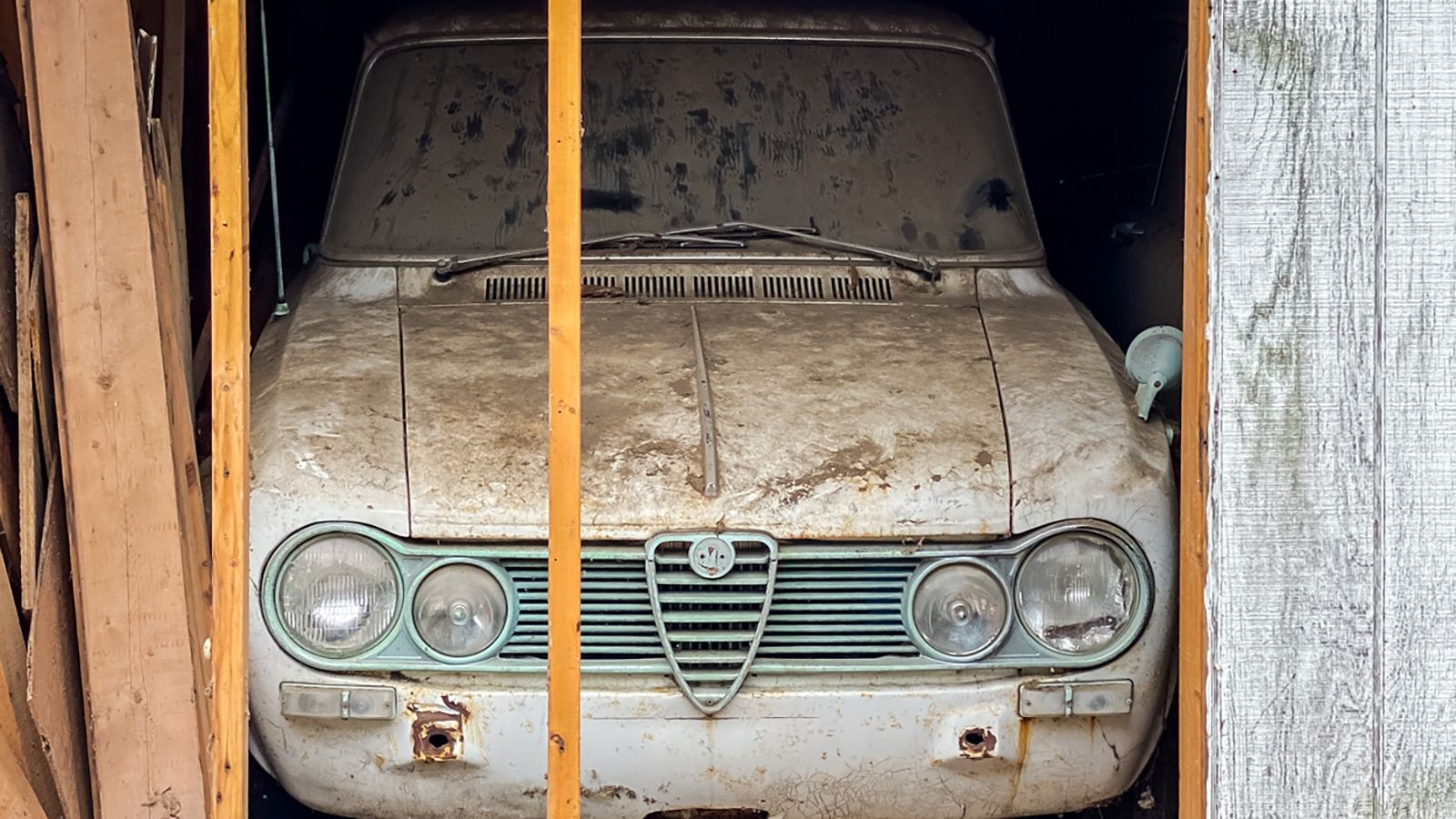 © LBI Limited
© LBI Limited -
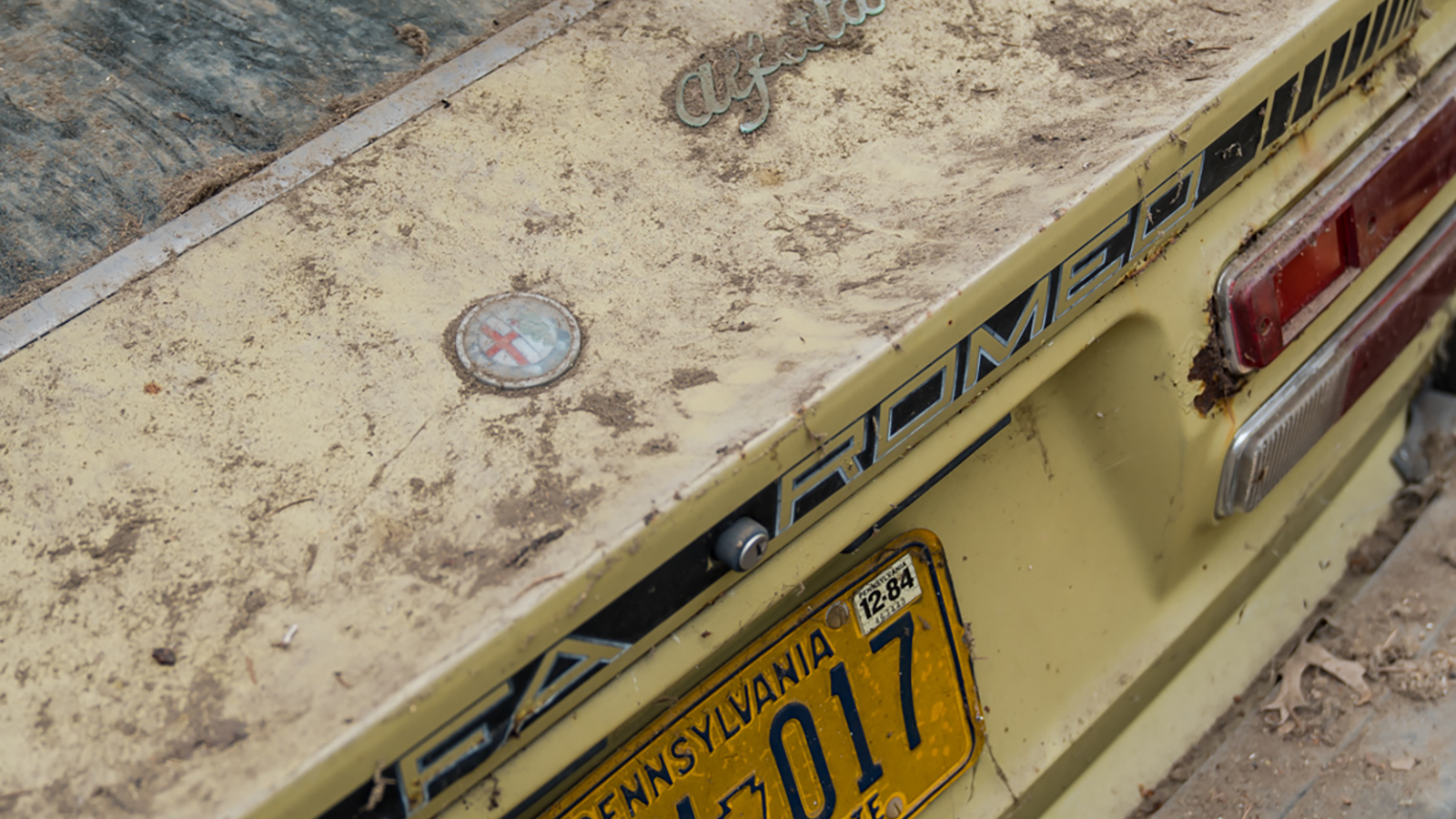 © LBI Limited
© LBI Limited -
 © LBI Limited
© LBI Limited -
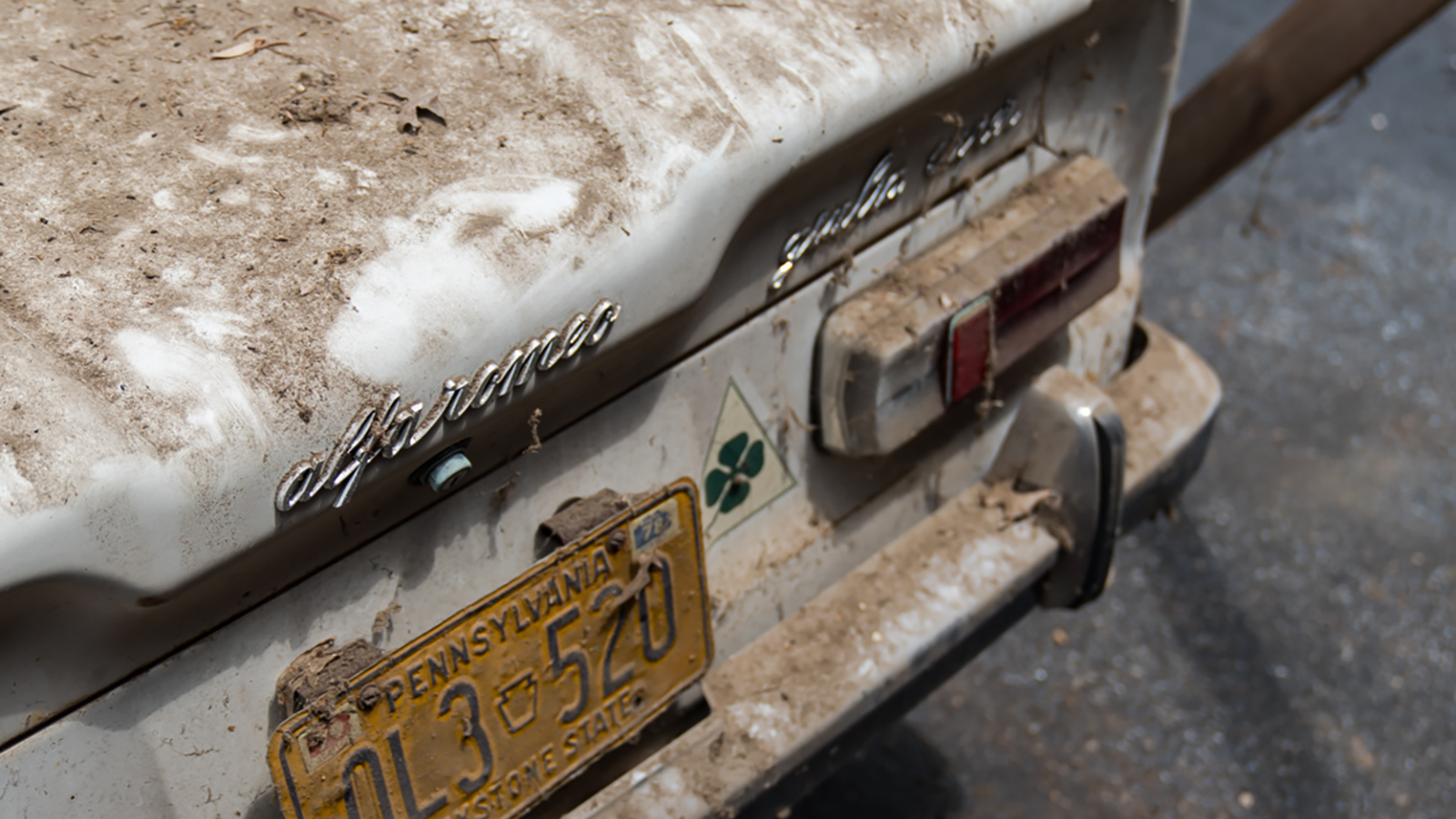 © LBI Limited
© LBI Limited -
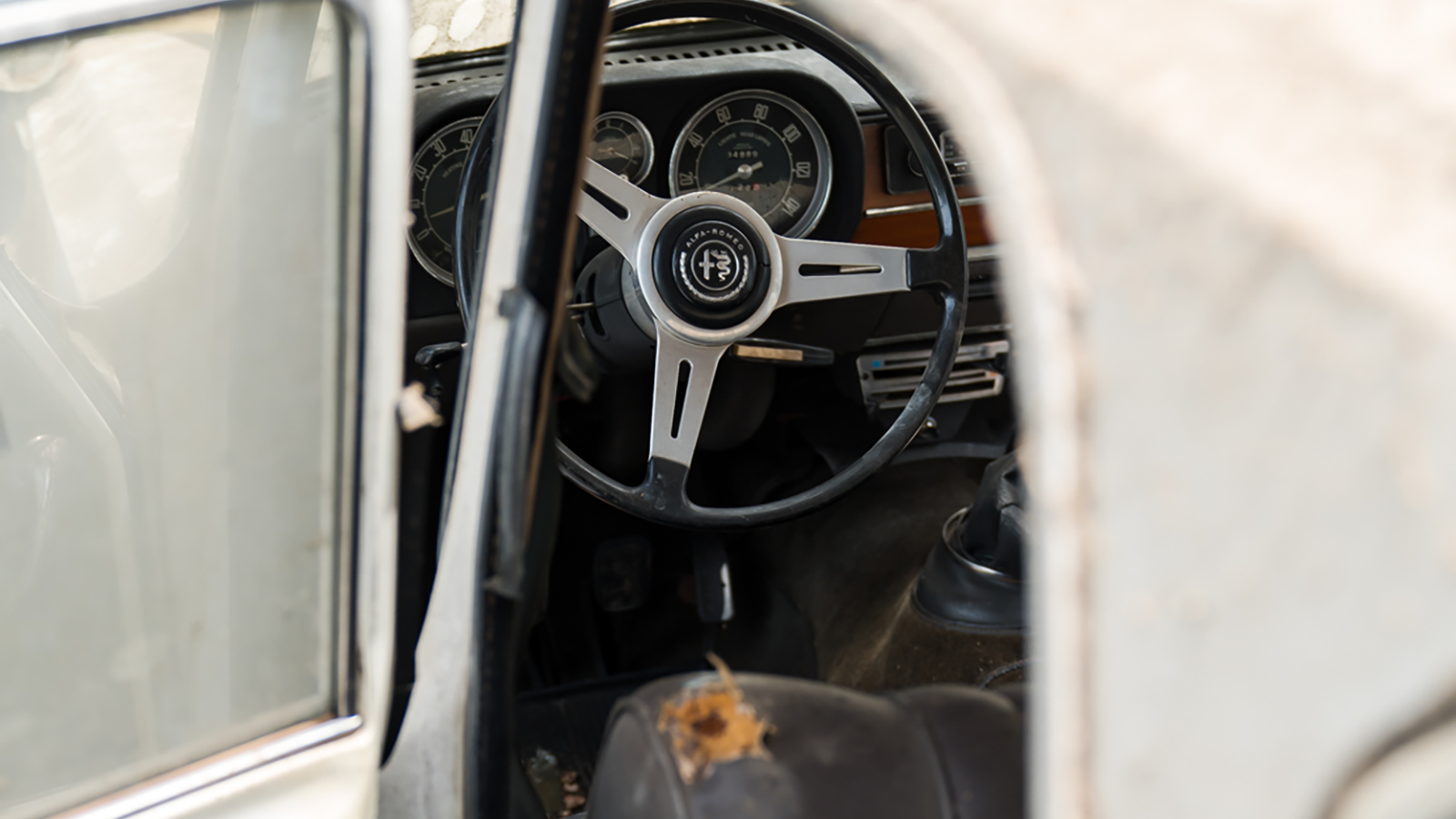 © LBI Limited
© LBI Limited -
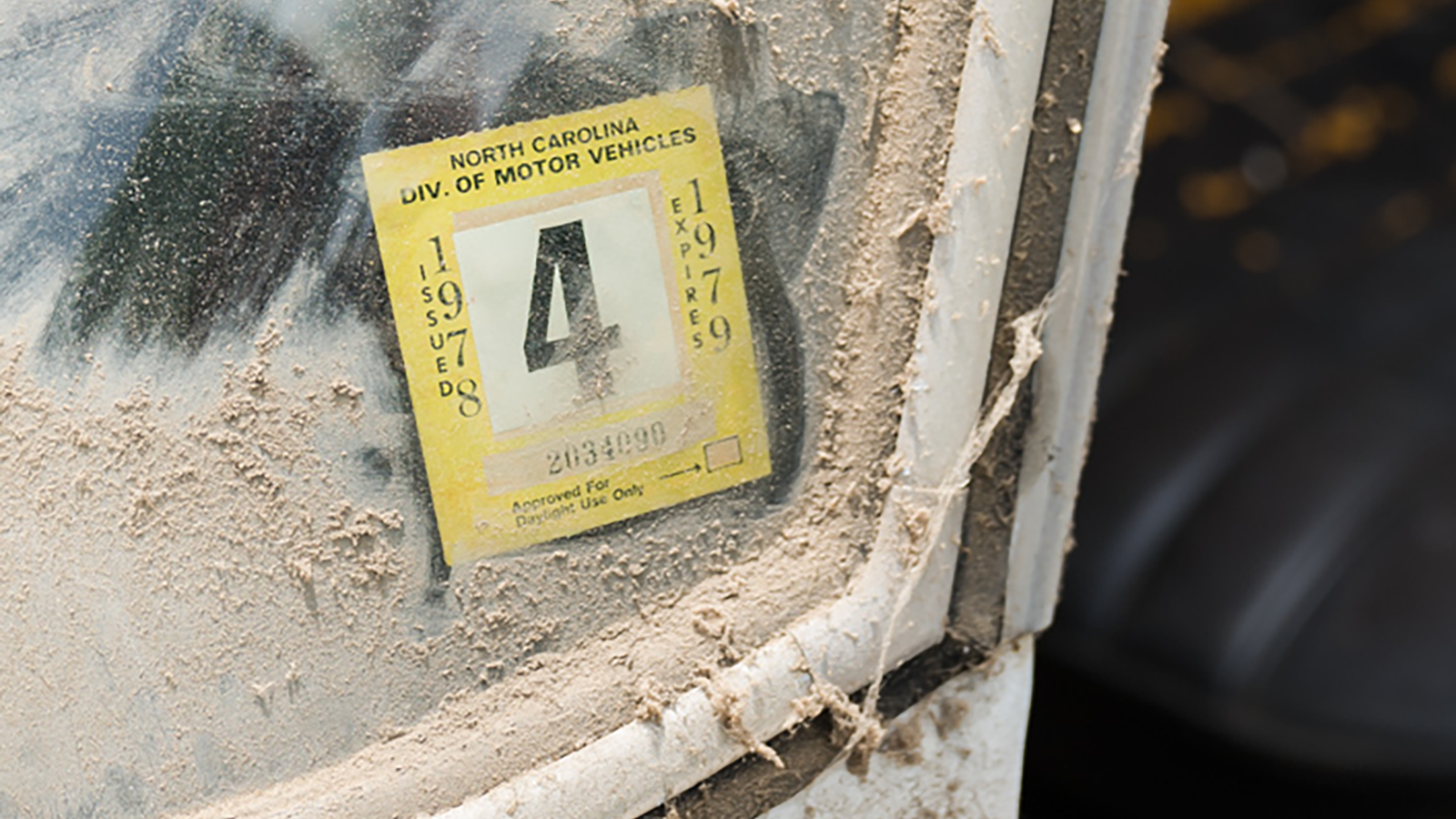 © LBI Limited
© LBI Limited -
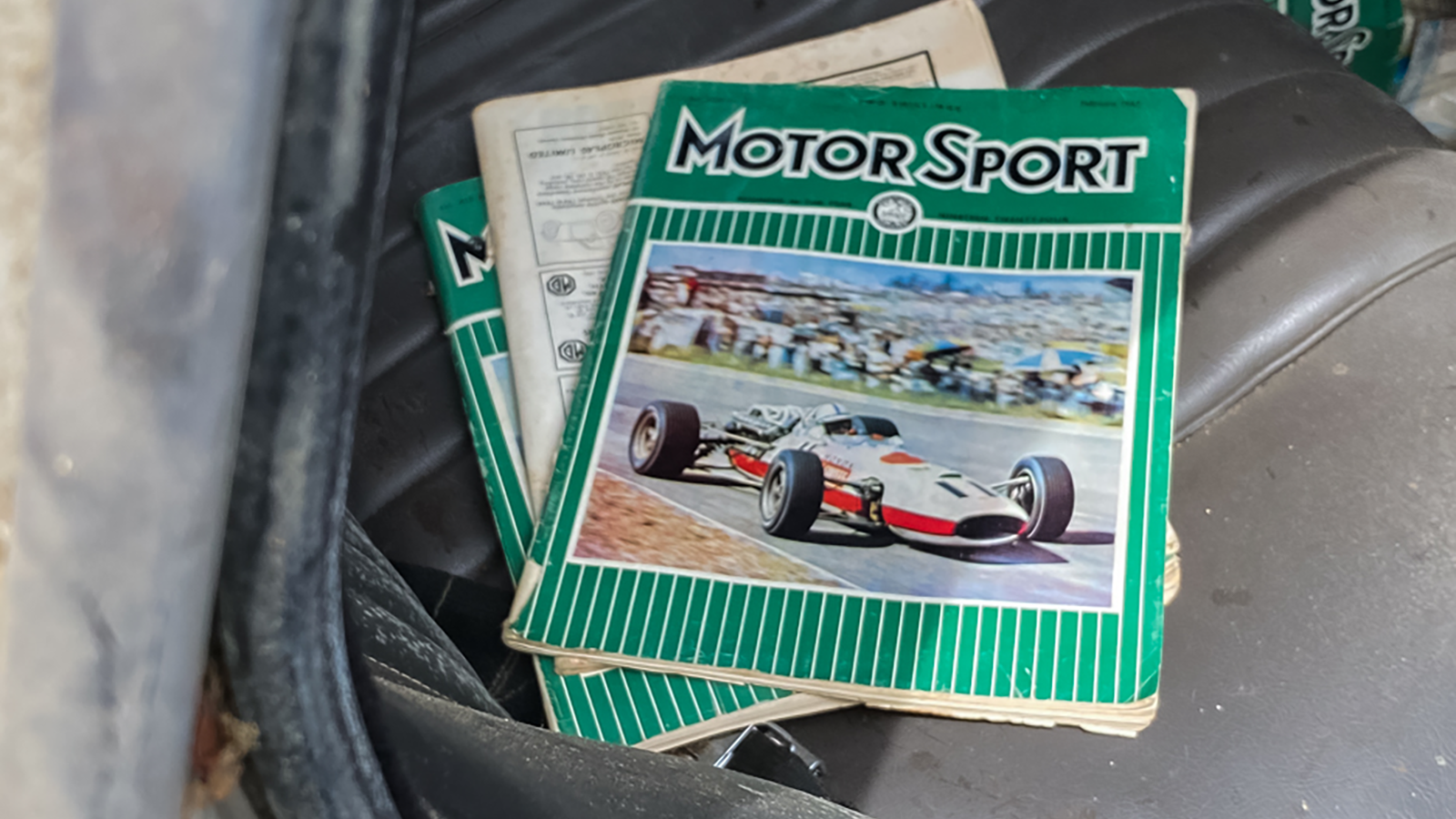 © LBI Limited
© LBI Limited -
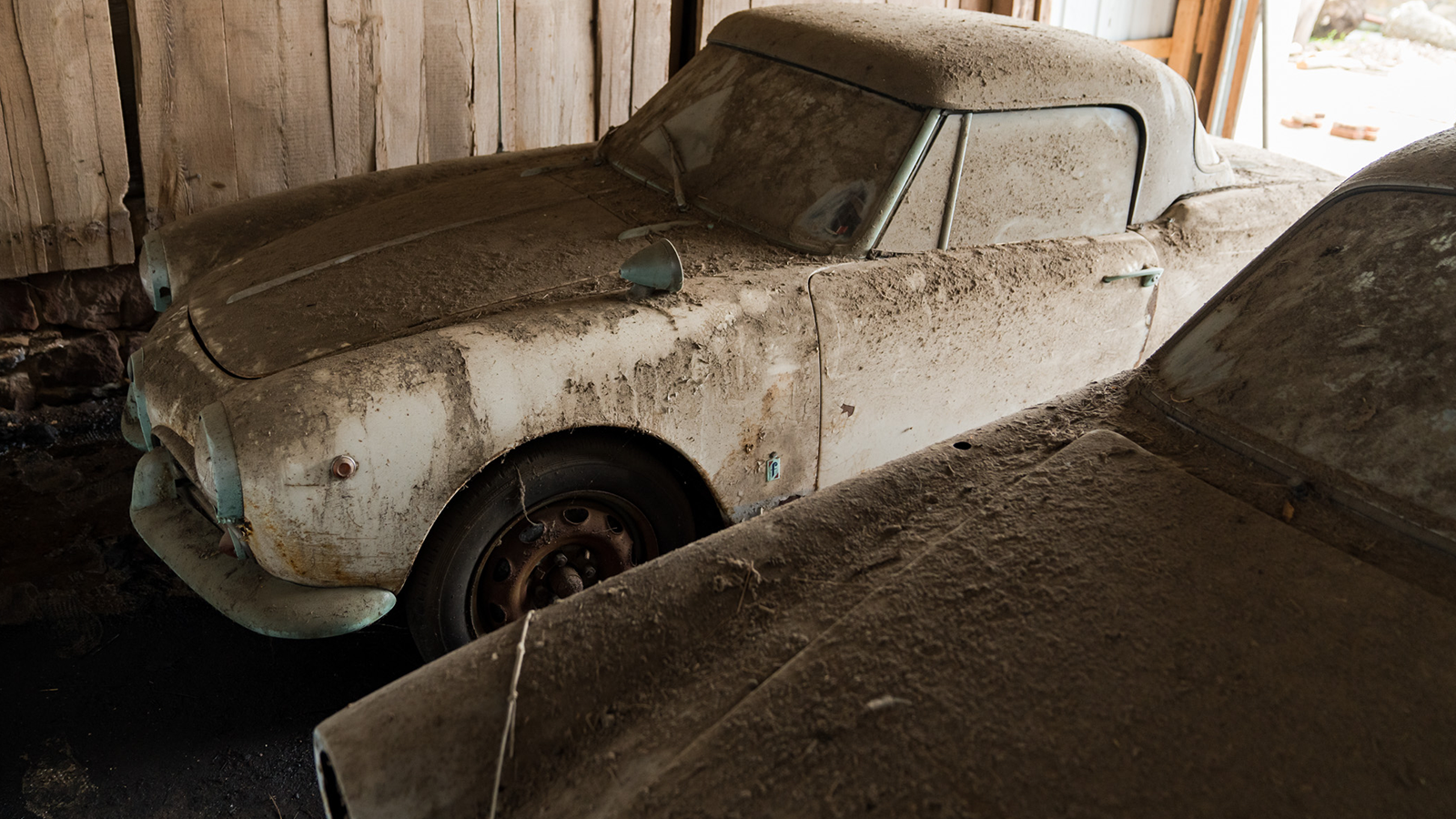 © LBI Limited
© LBI Limited -
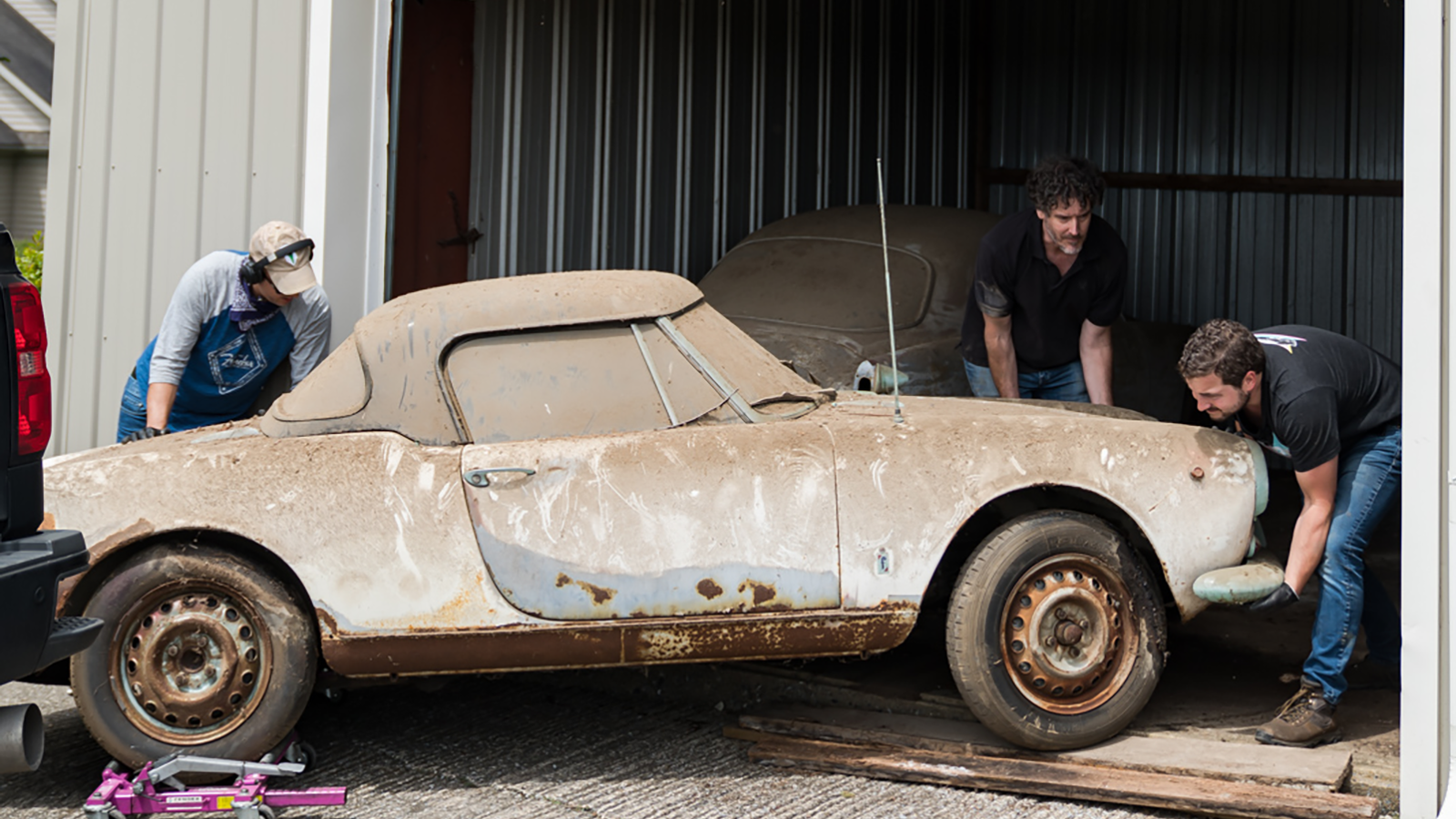 © LBI Limited
© LBI Limited -
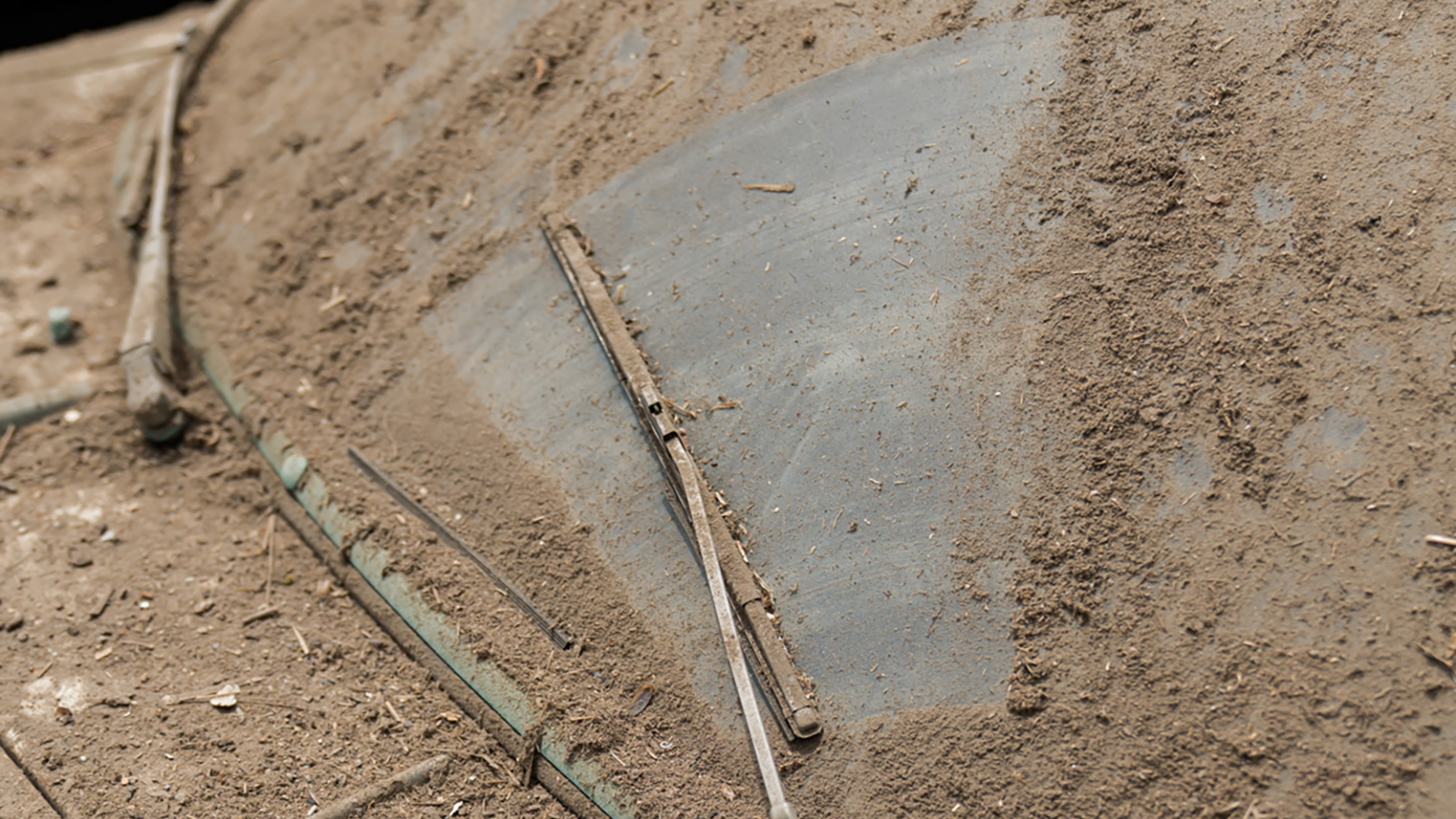 © LBI Limited
© LBI Limited -
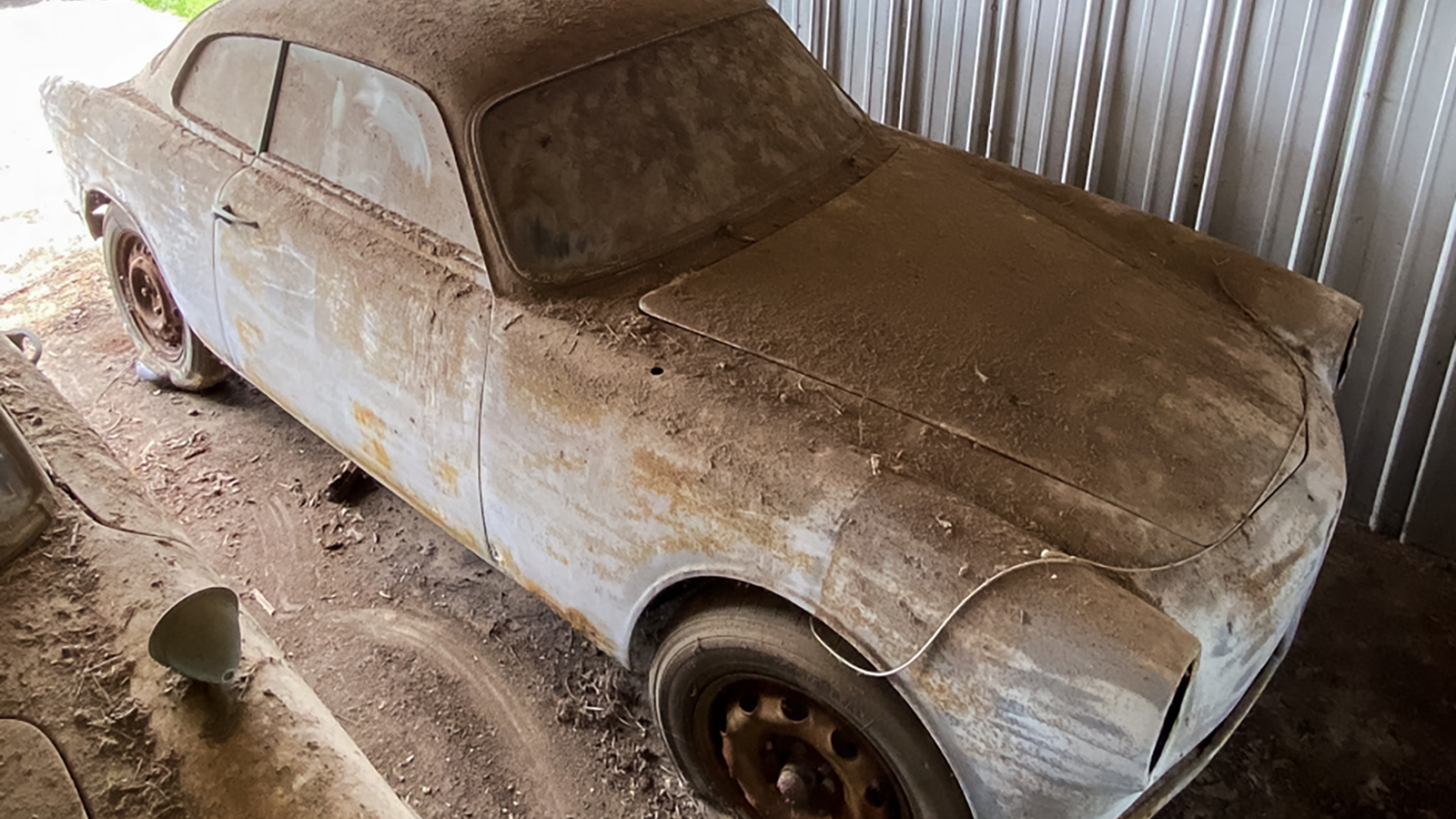 © LBI Limited
© LBI Limited -
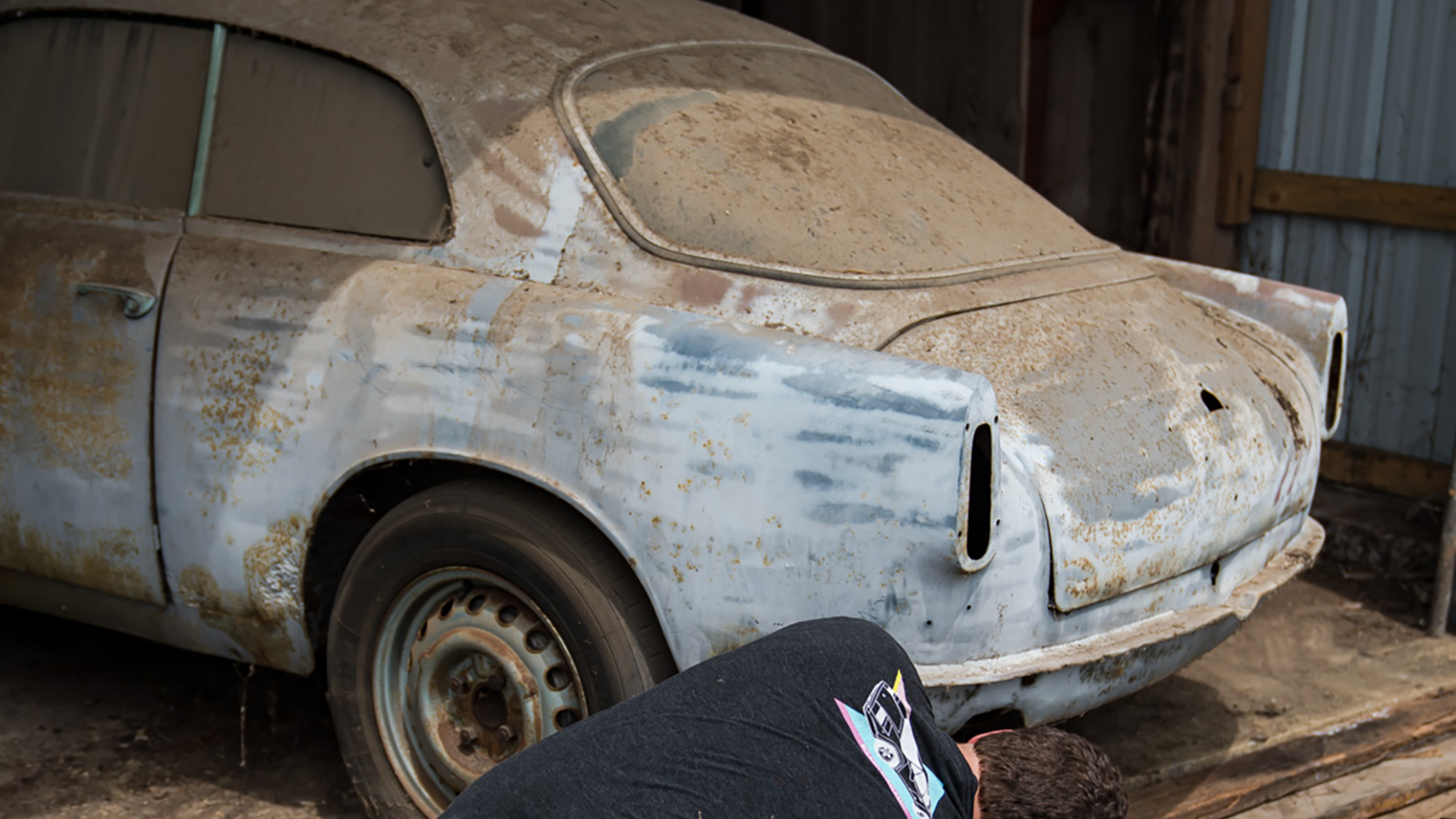 © LBI Limited
© LBI Limited -
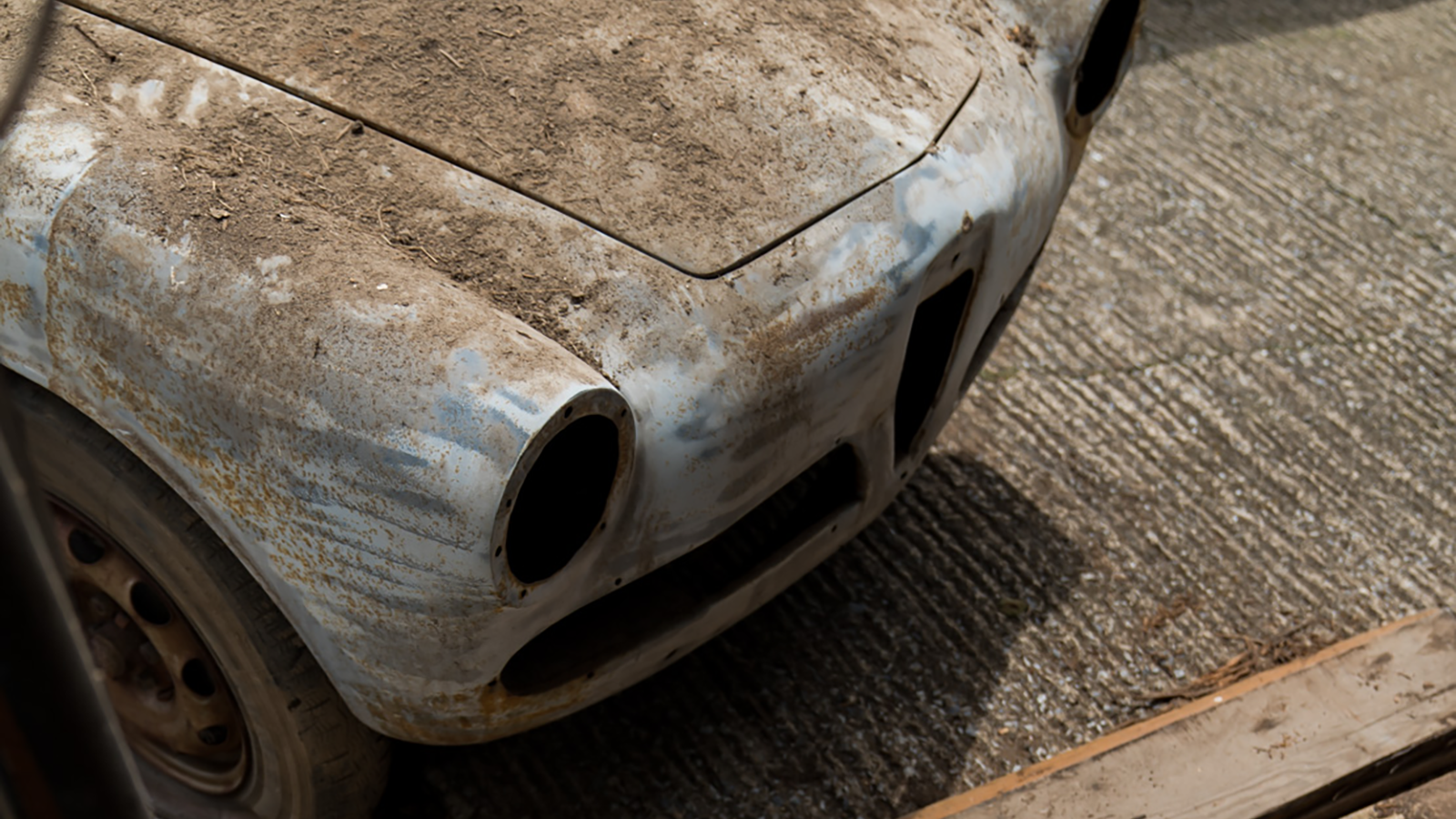 © LBI Limited
© LBI Limited -
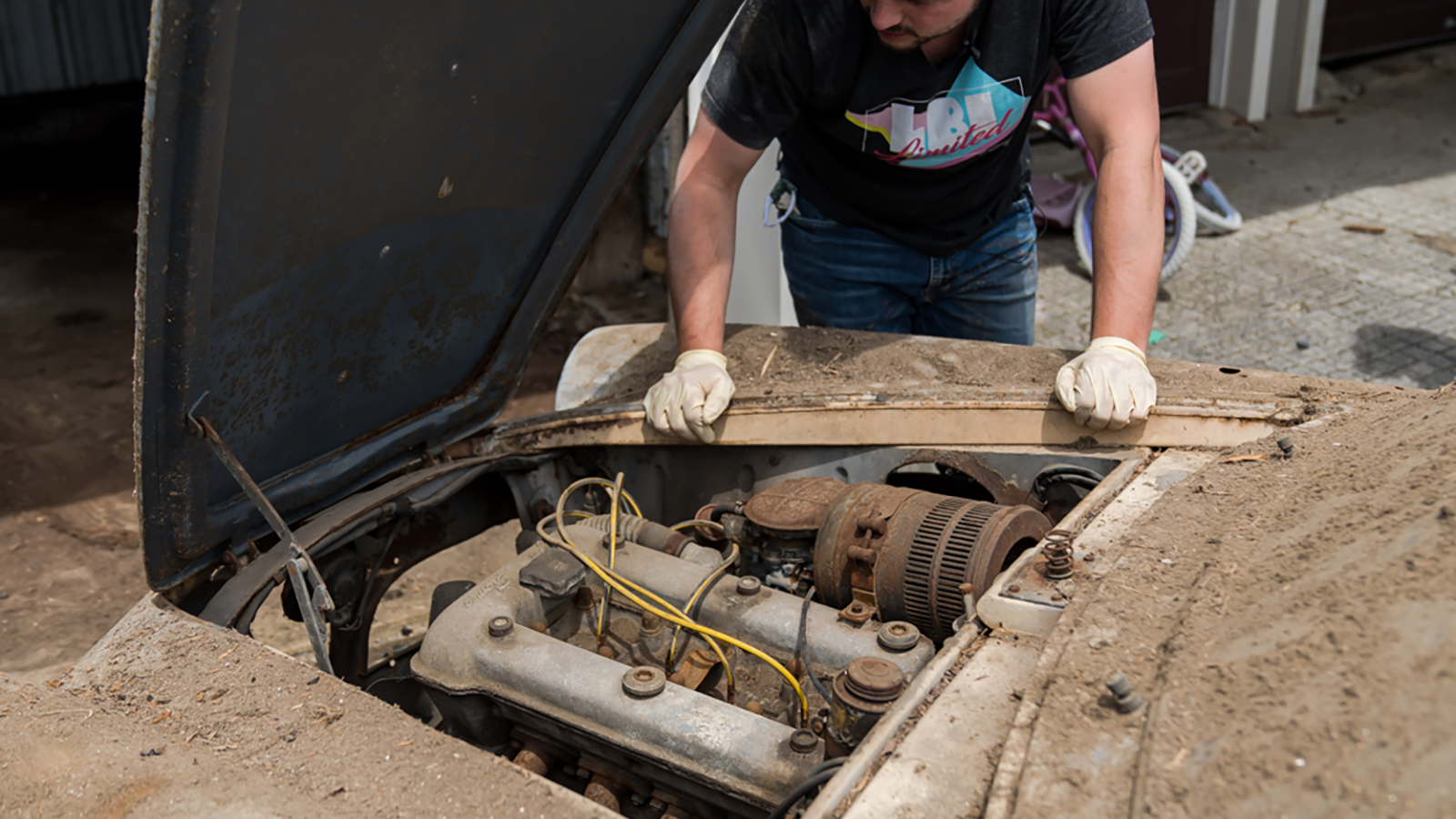 © LBI Limited
© LBI Limited -
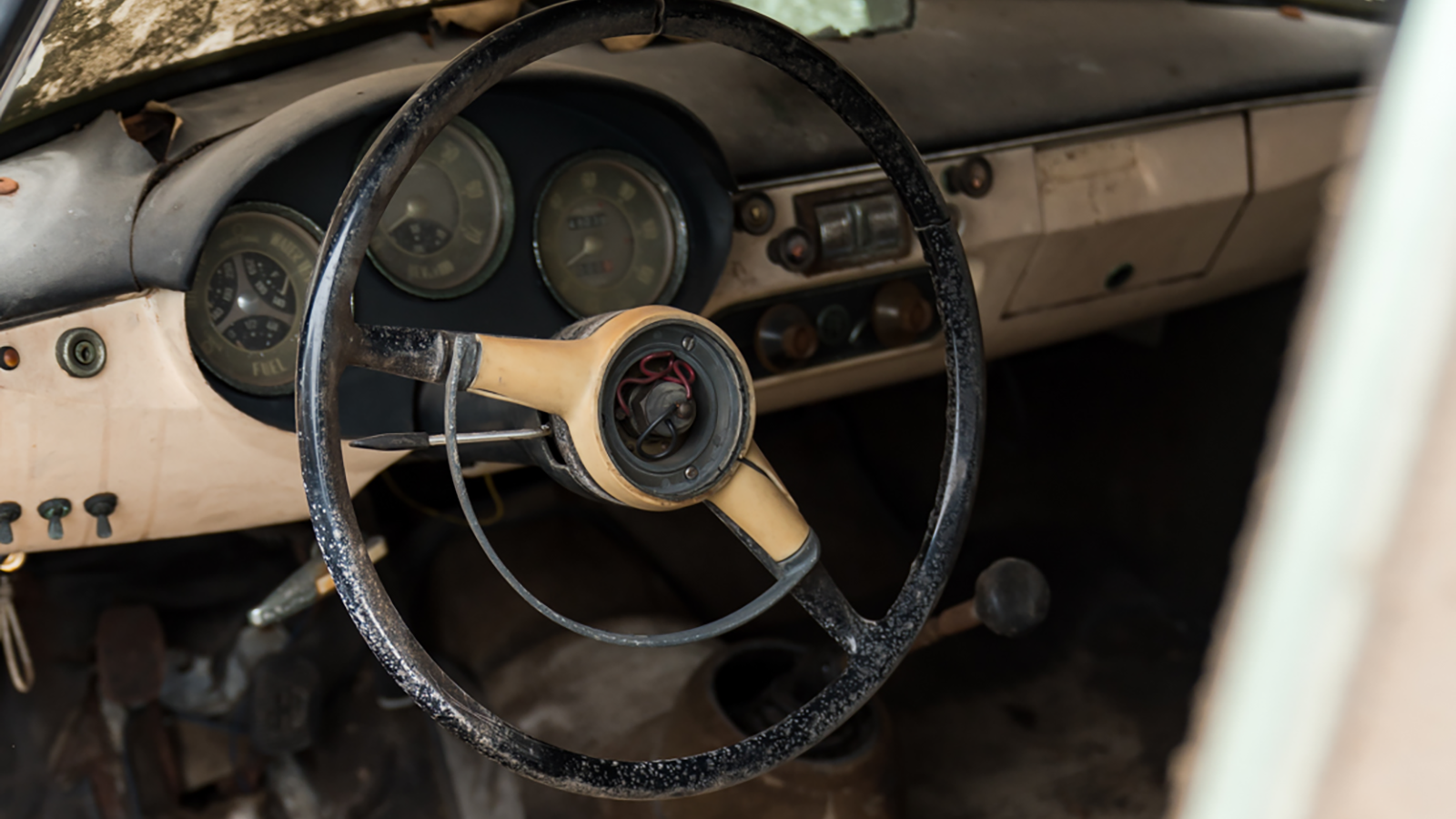 © LBI Limited
© LBI Limited -
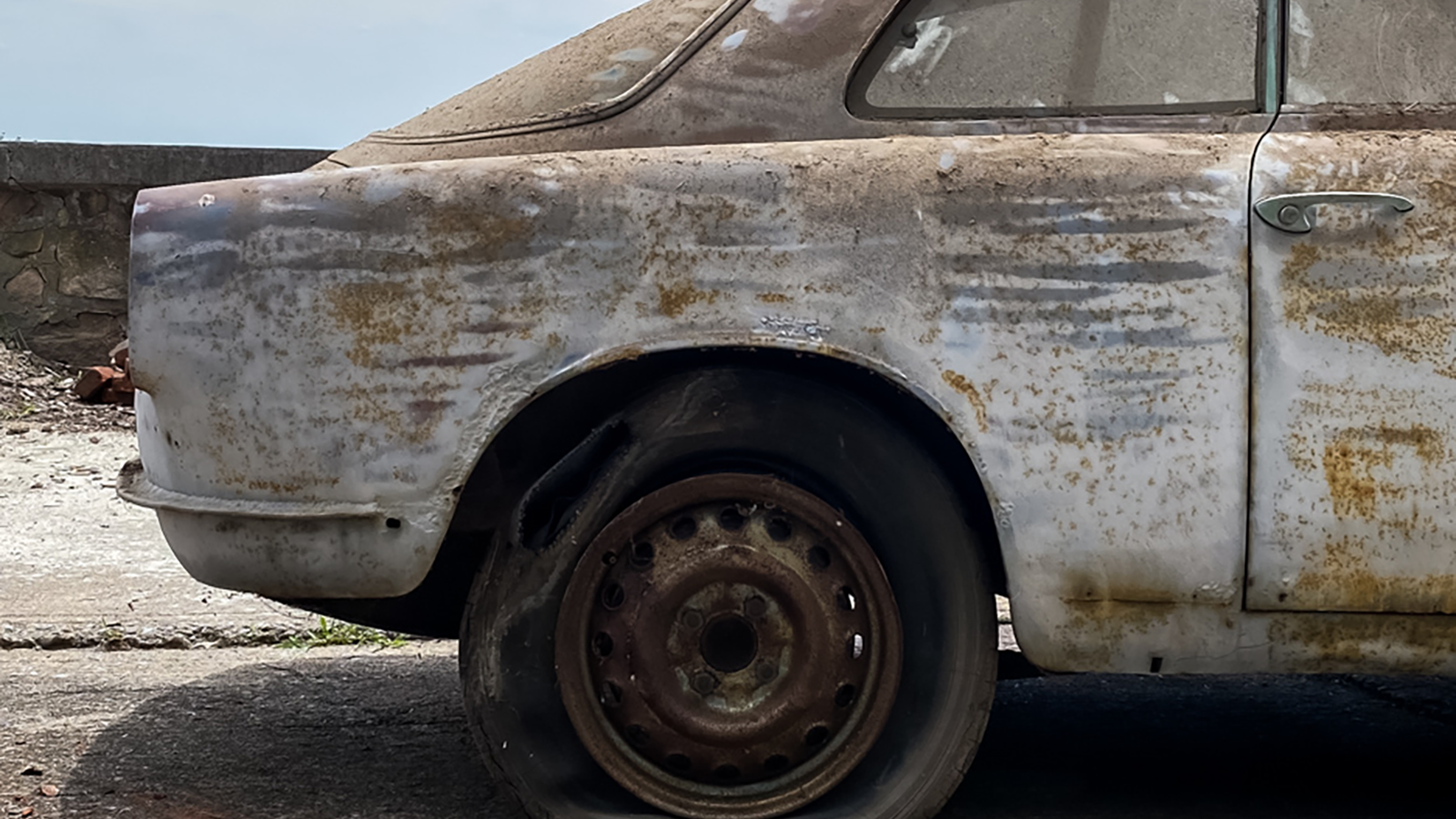 © LBI Limited
© LBI Limited -
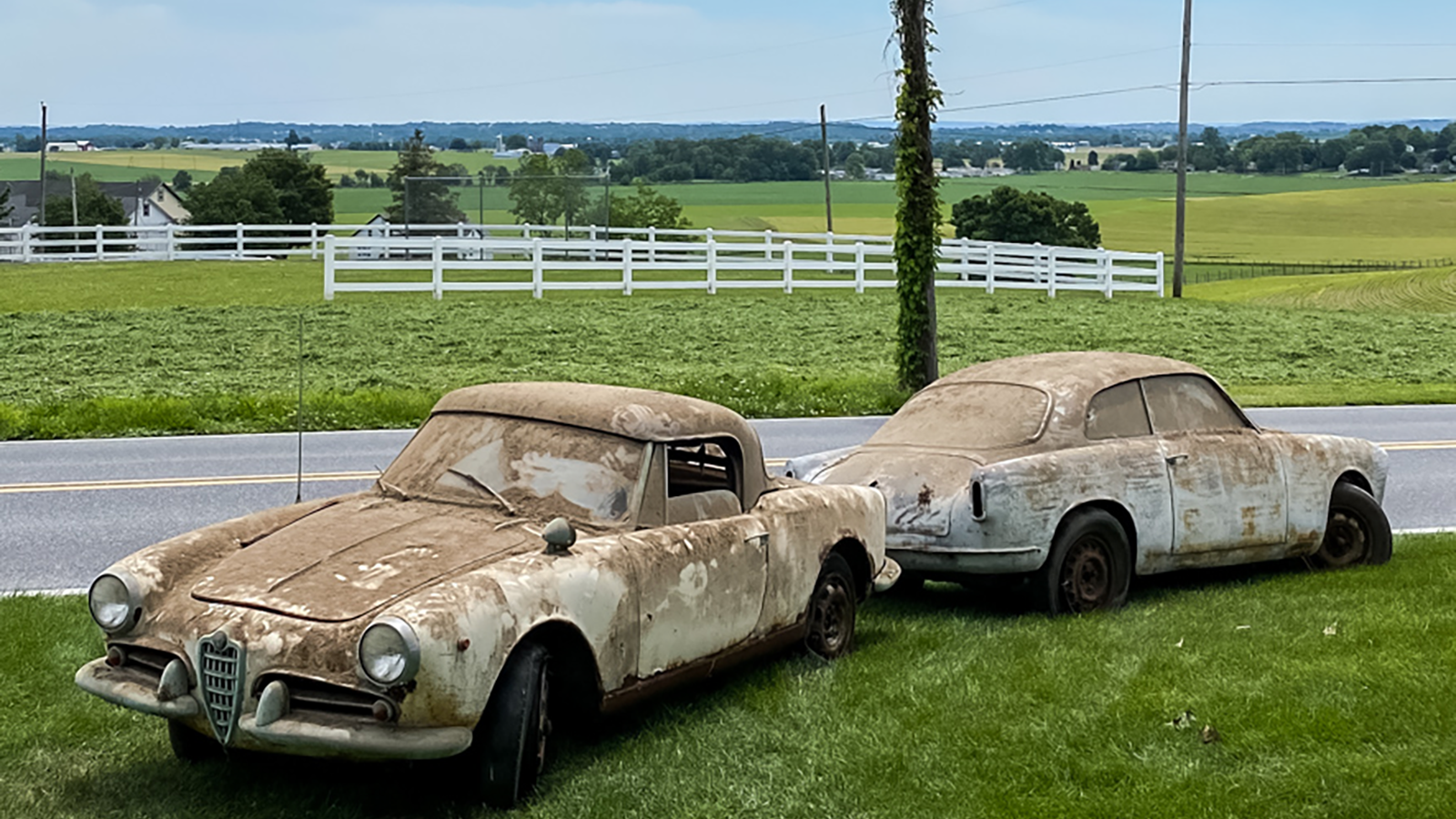 © LBI Limited
© LBI Limited -
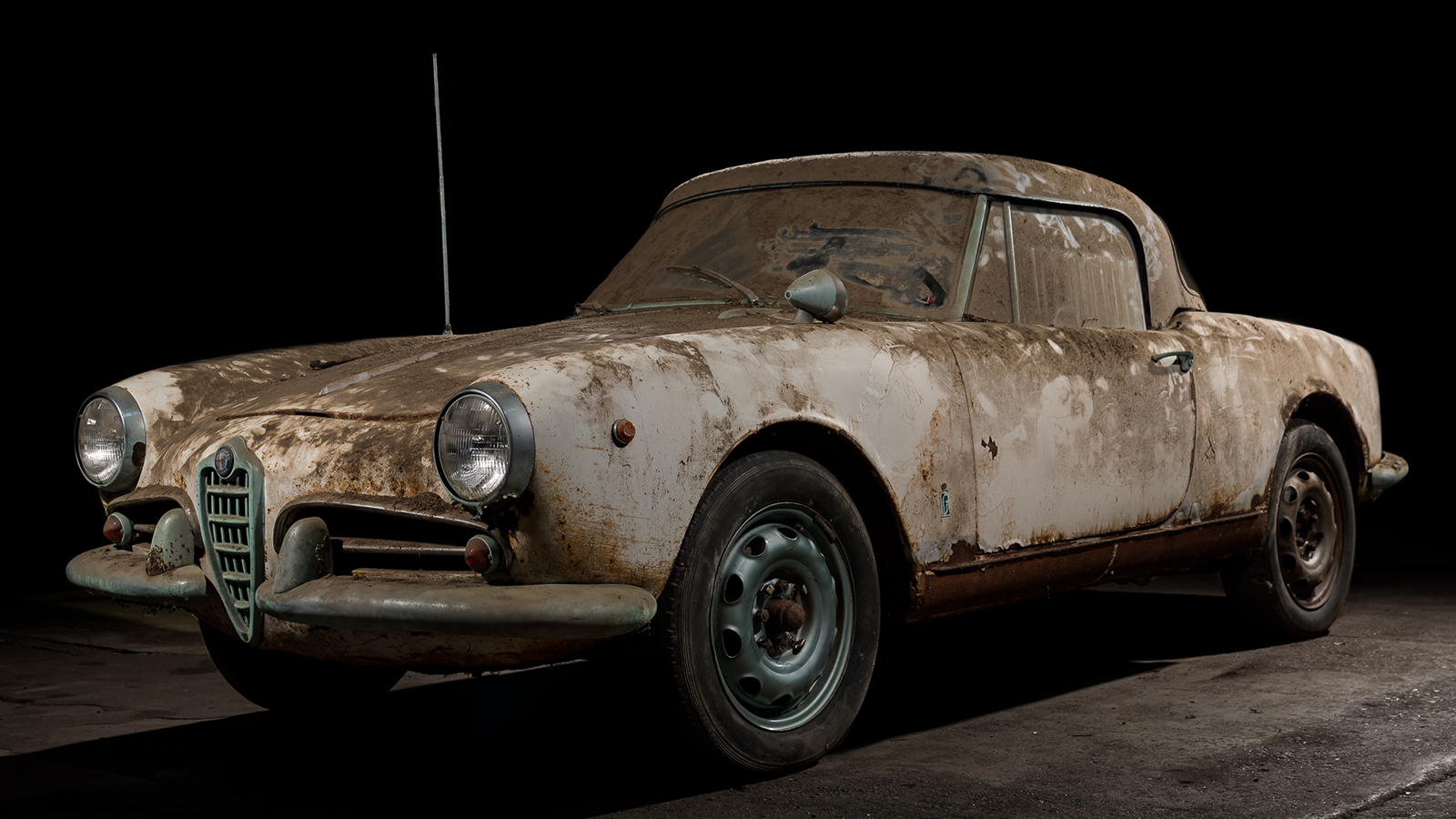 © LBI Limited
© LBI Limited -
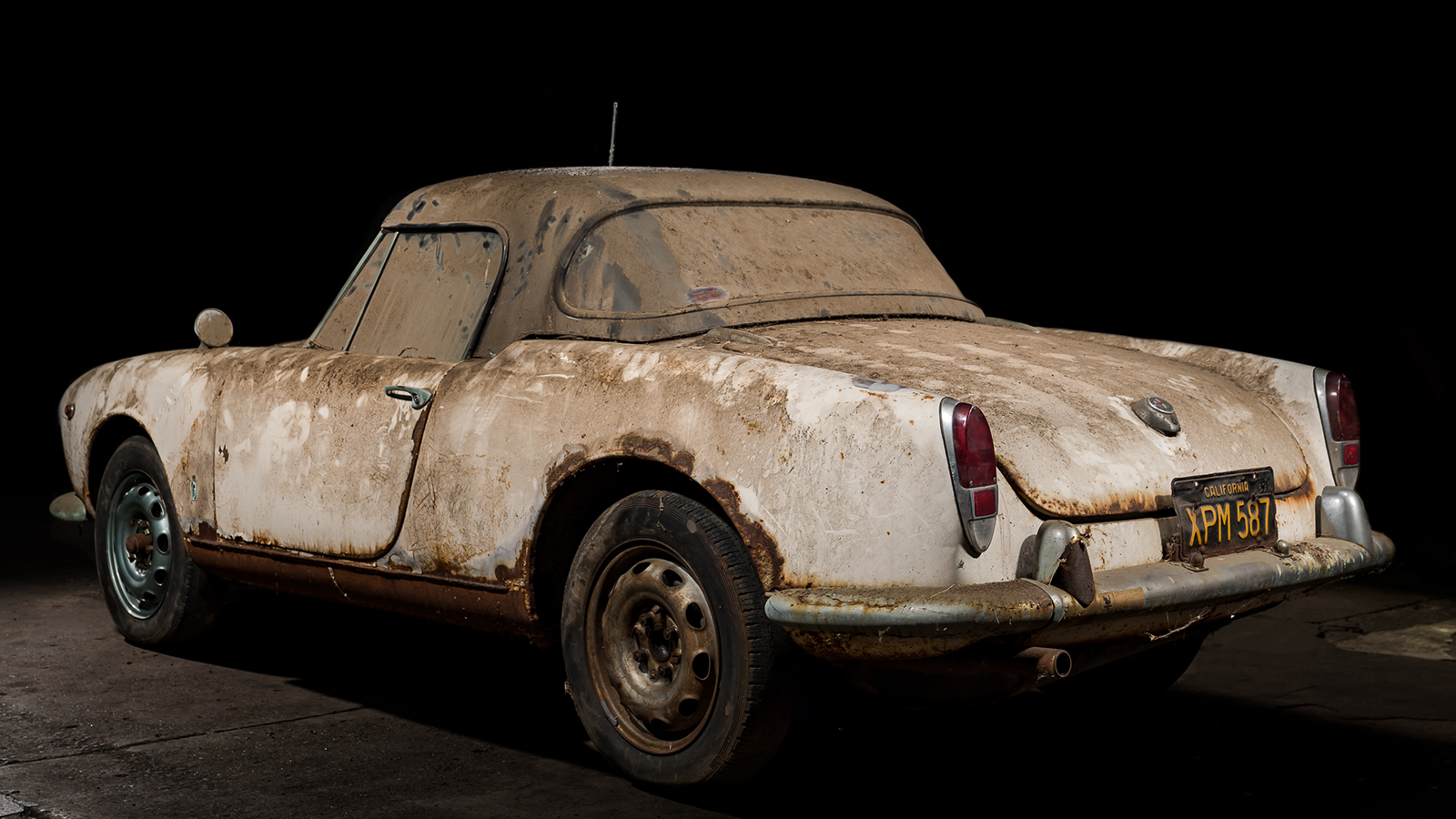 © LBI Limited
© LBI Limited -
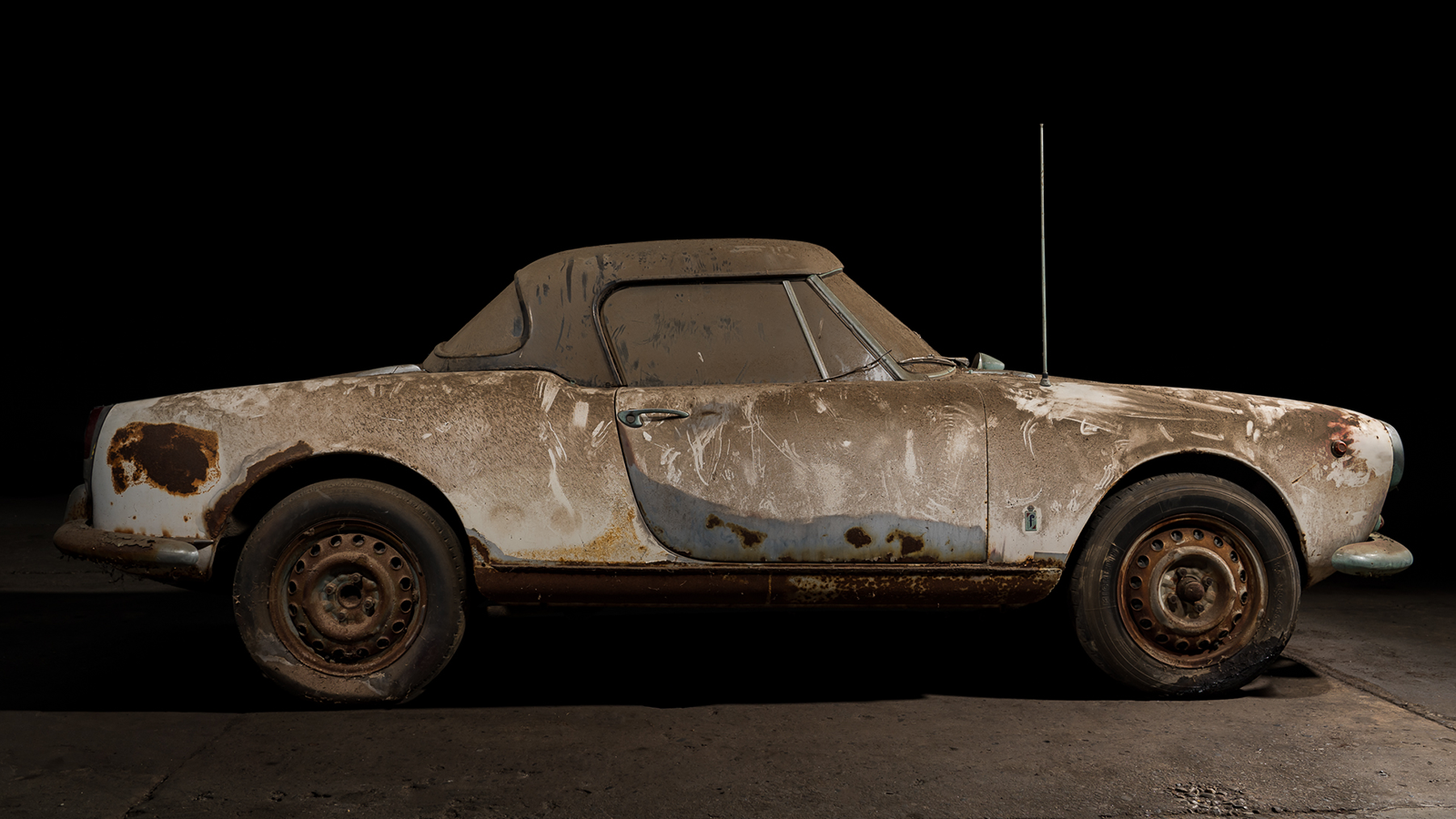 © LBI Limited
© LBI Limited -
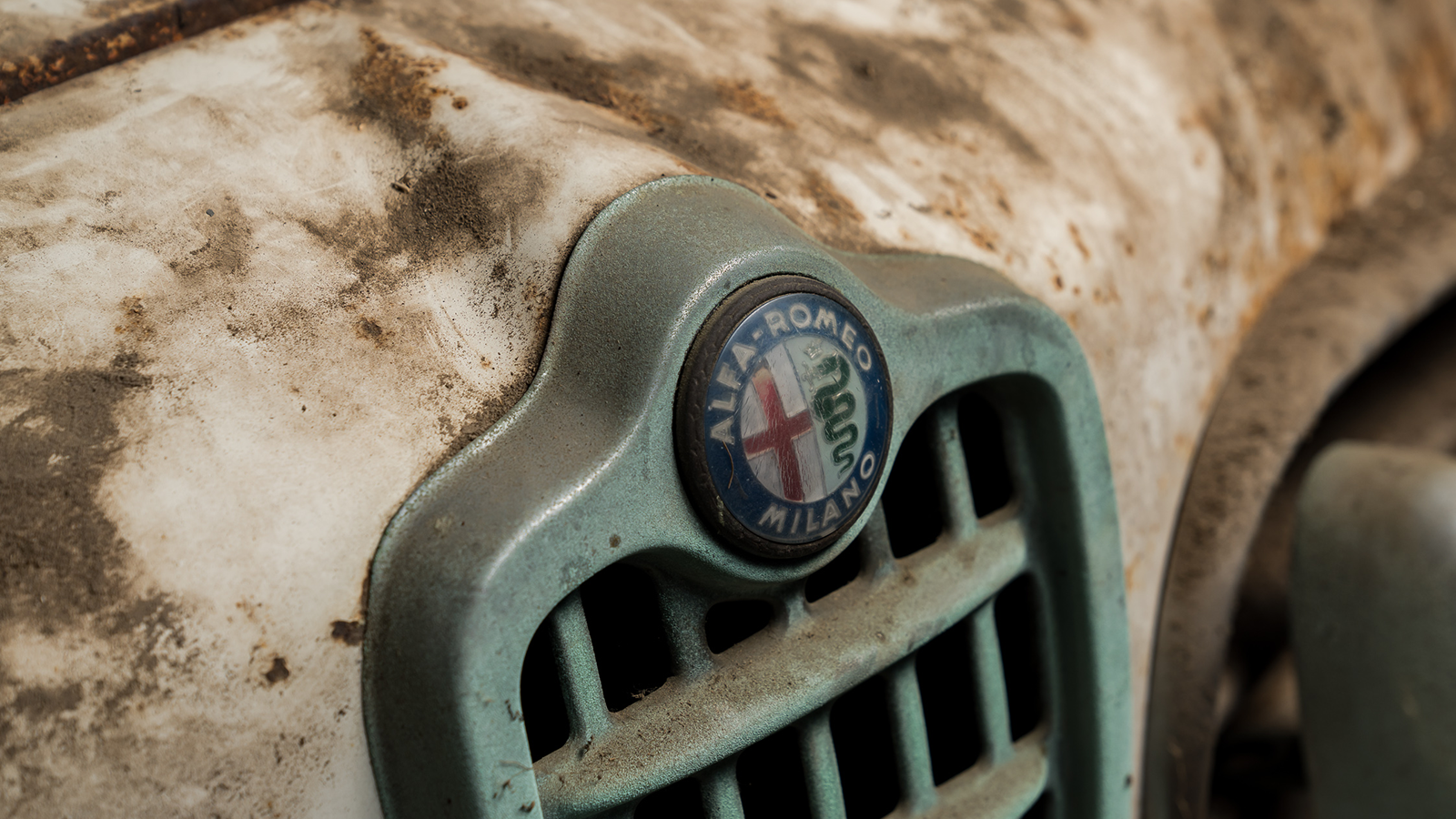 © LBI Limited
© LBI Limited -
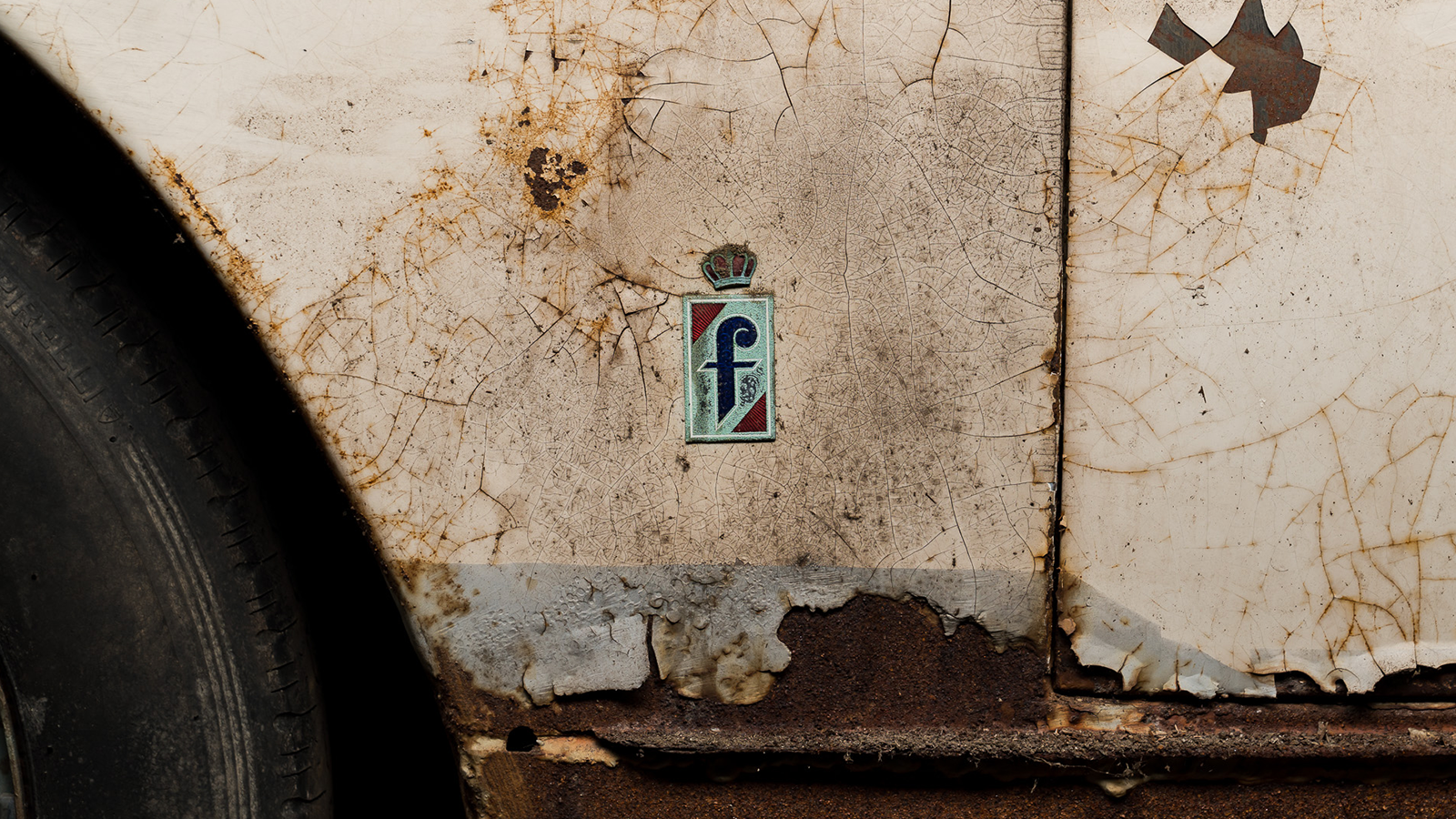 © LBI Limited
© LBI Limited -
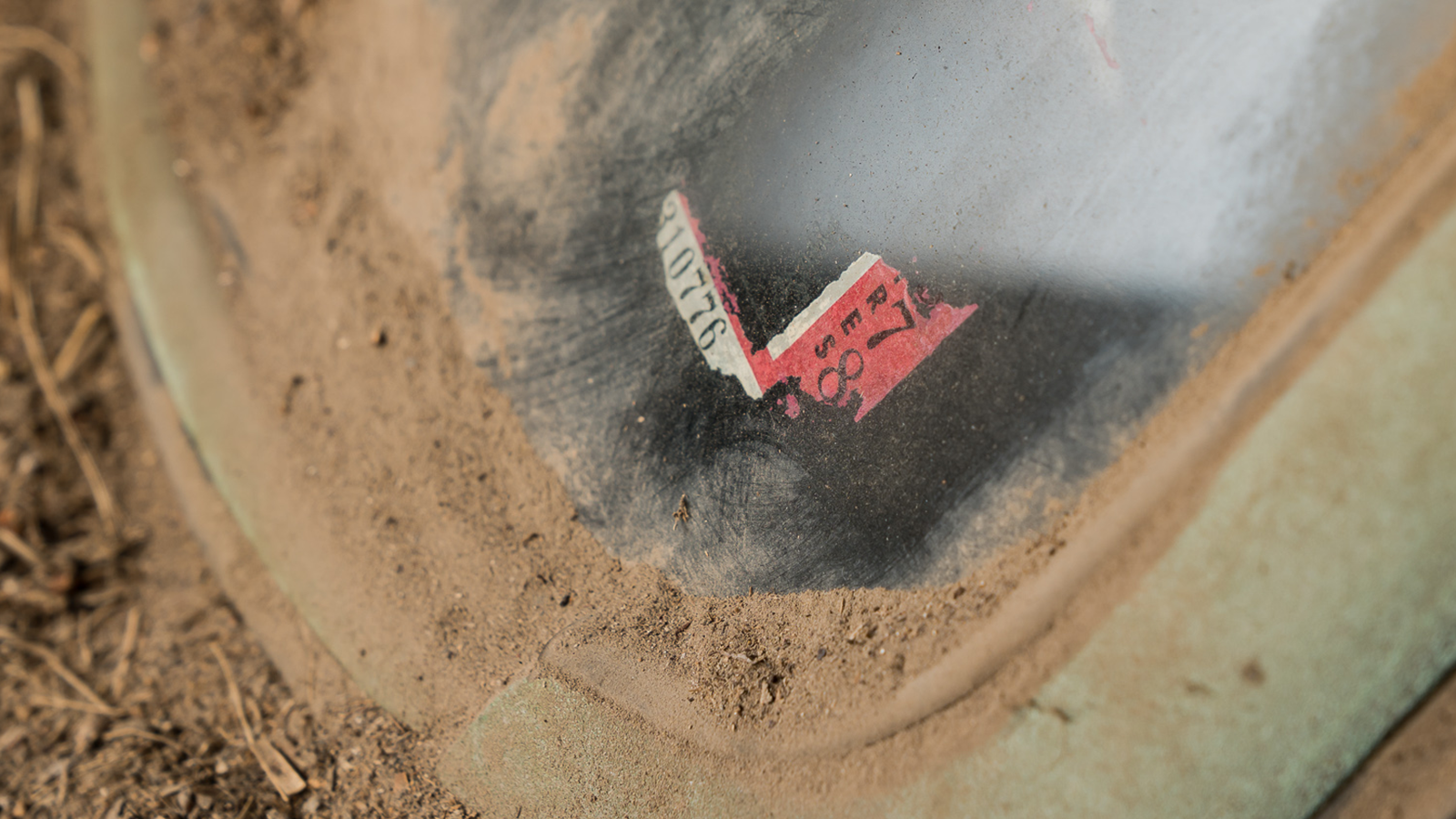 © LBI Limited
© LBI Limited -
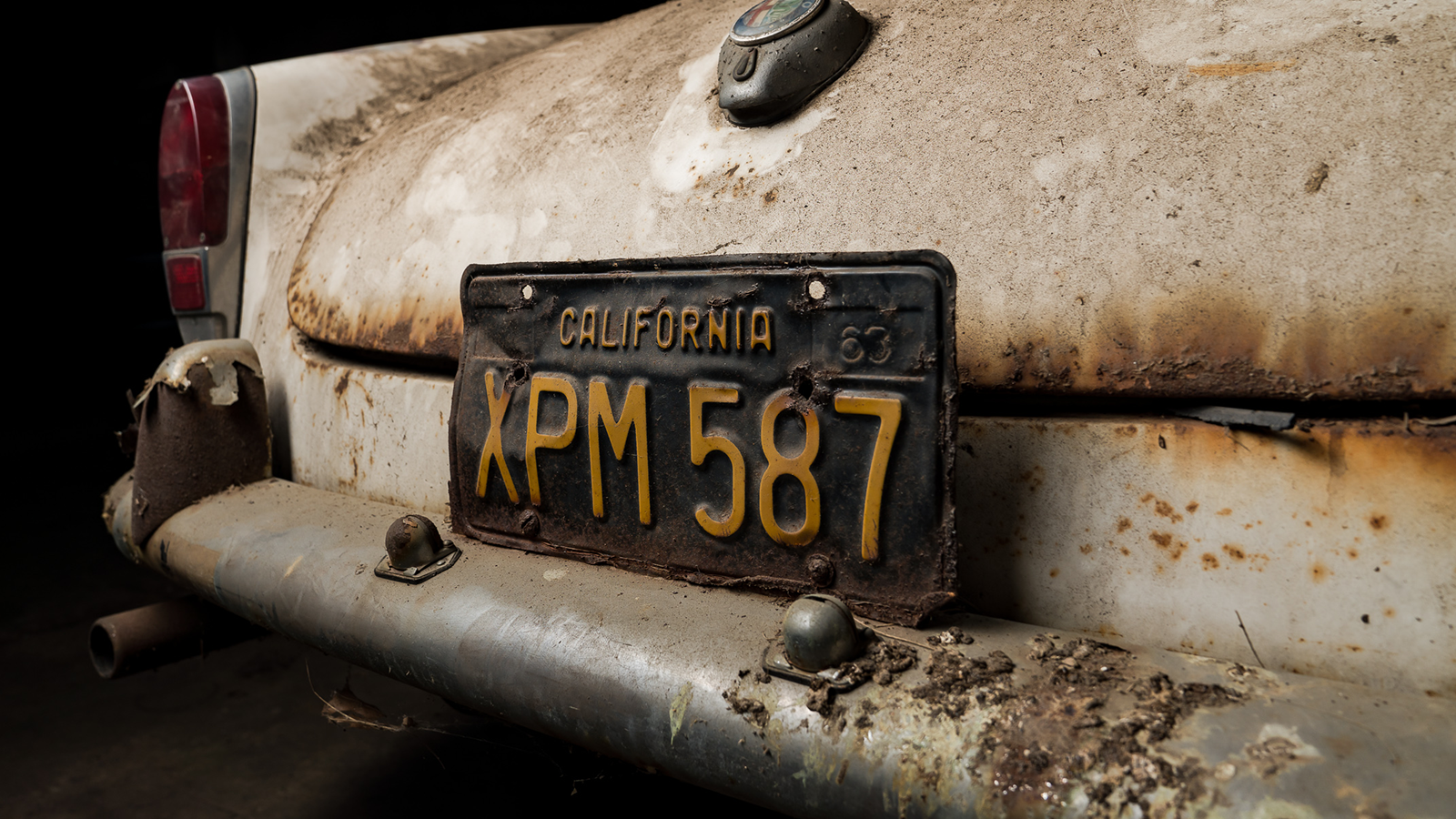 © LBI Limited
© LBI Limited -
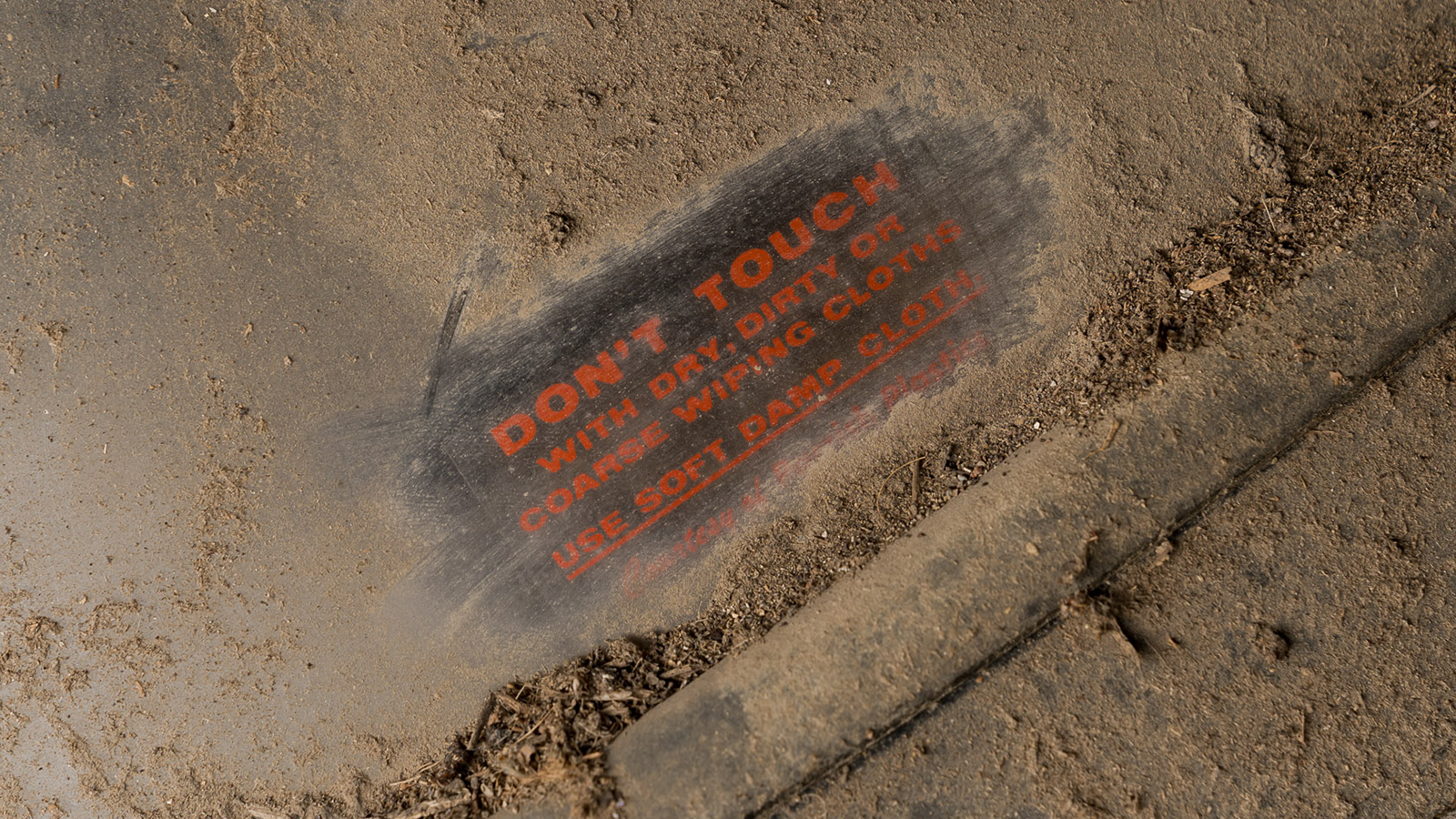 © LBI Limited
© LBI Limited -
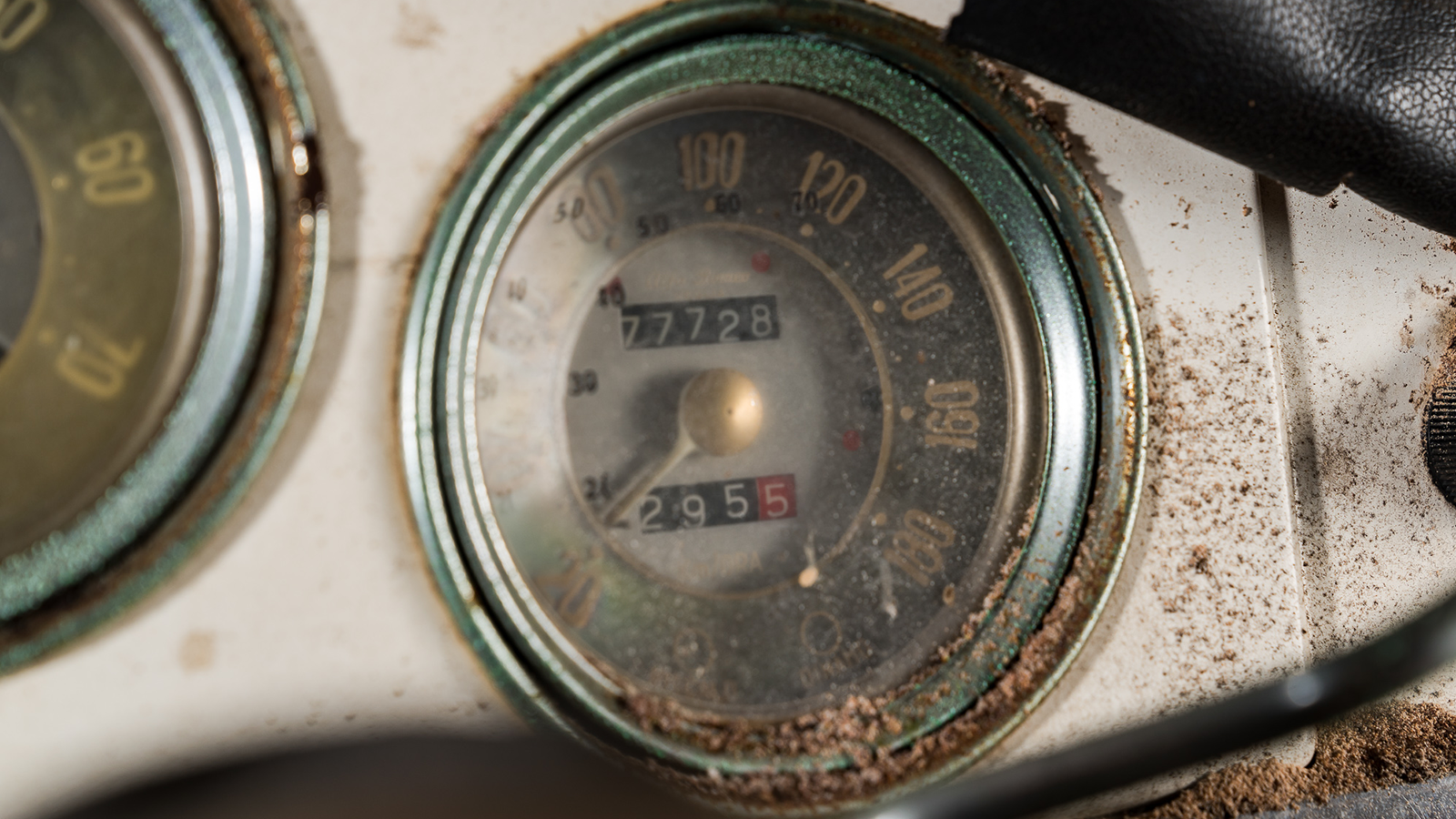 © LBI Limited
© LBI Limited -
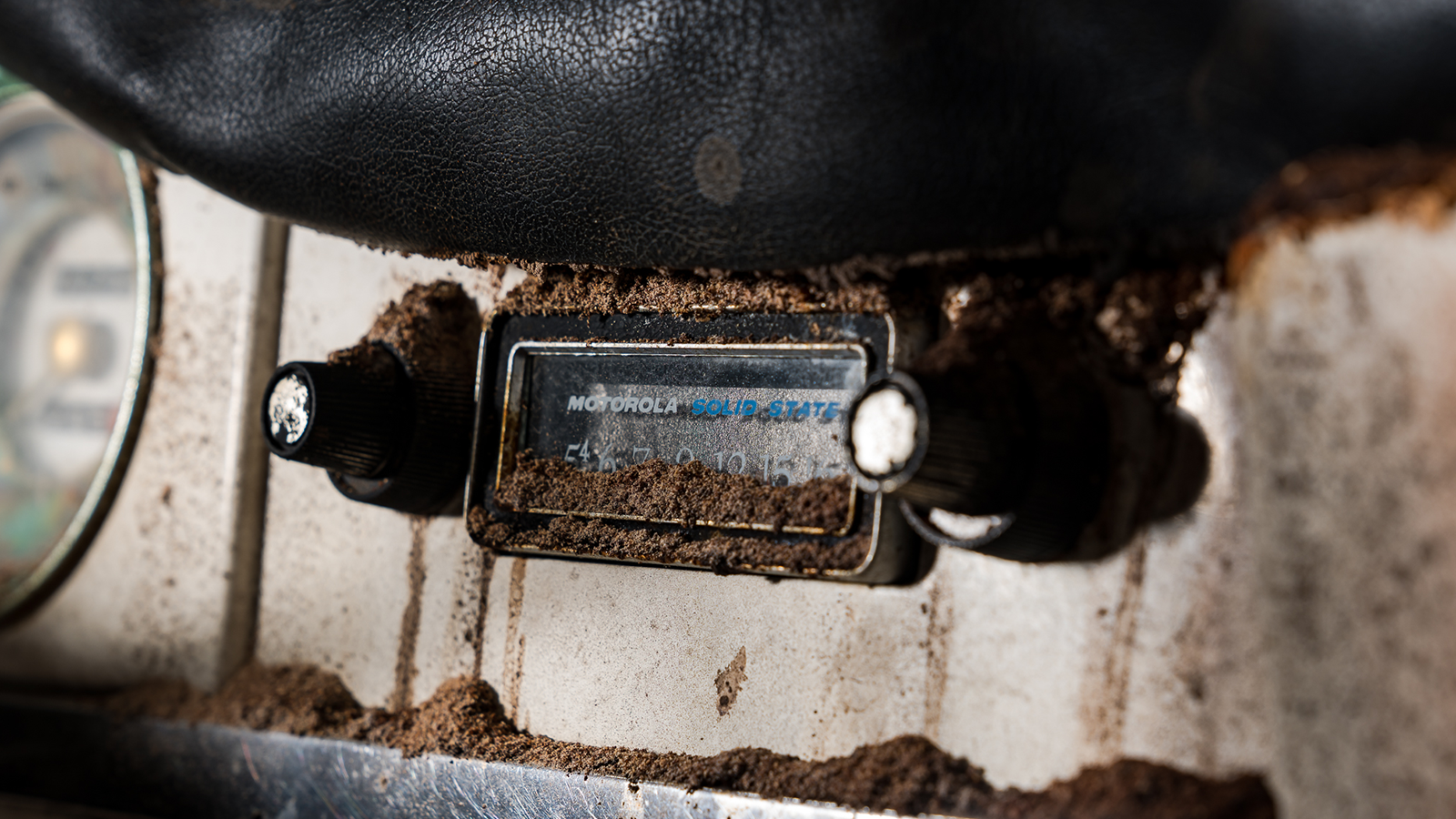 © LBI Limited
© LBI Limited -
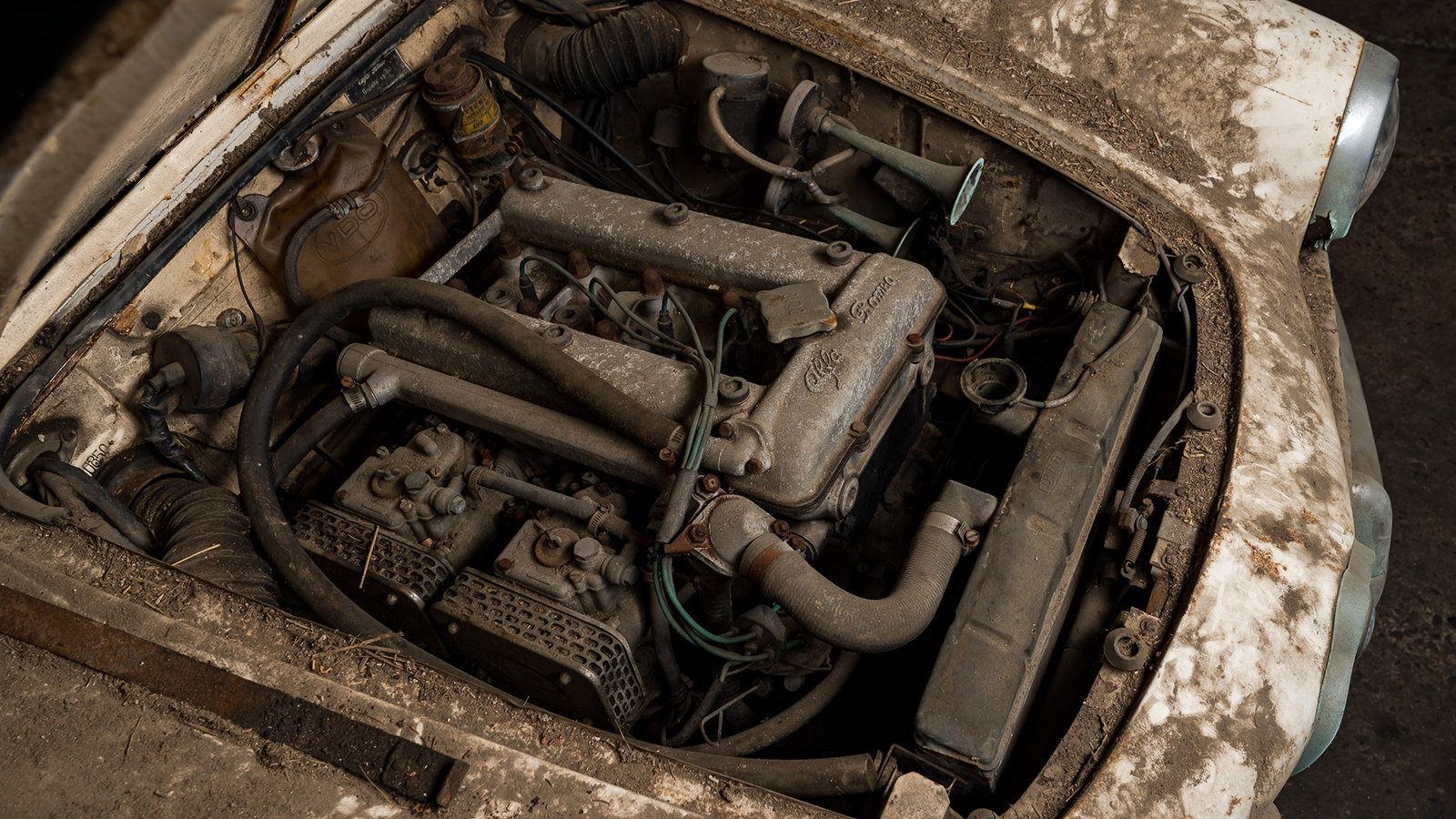 © LBI Limited
© LBI Limited -
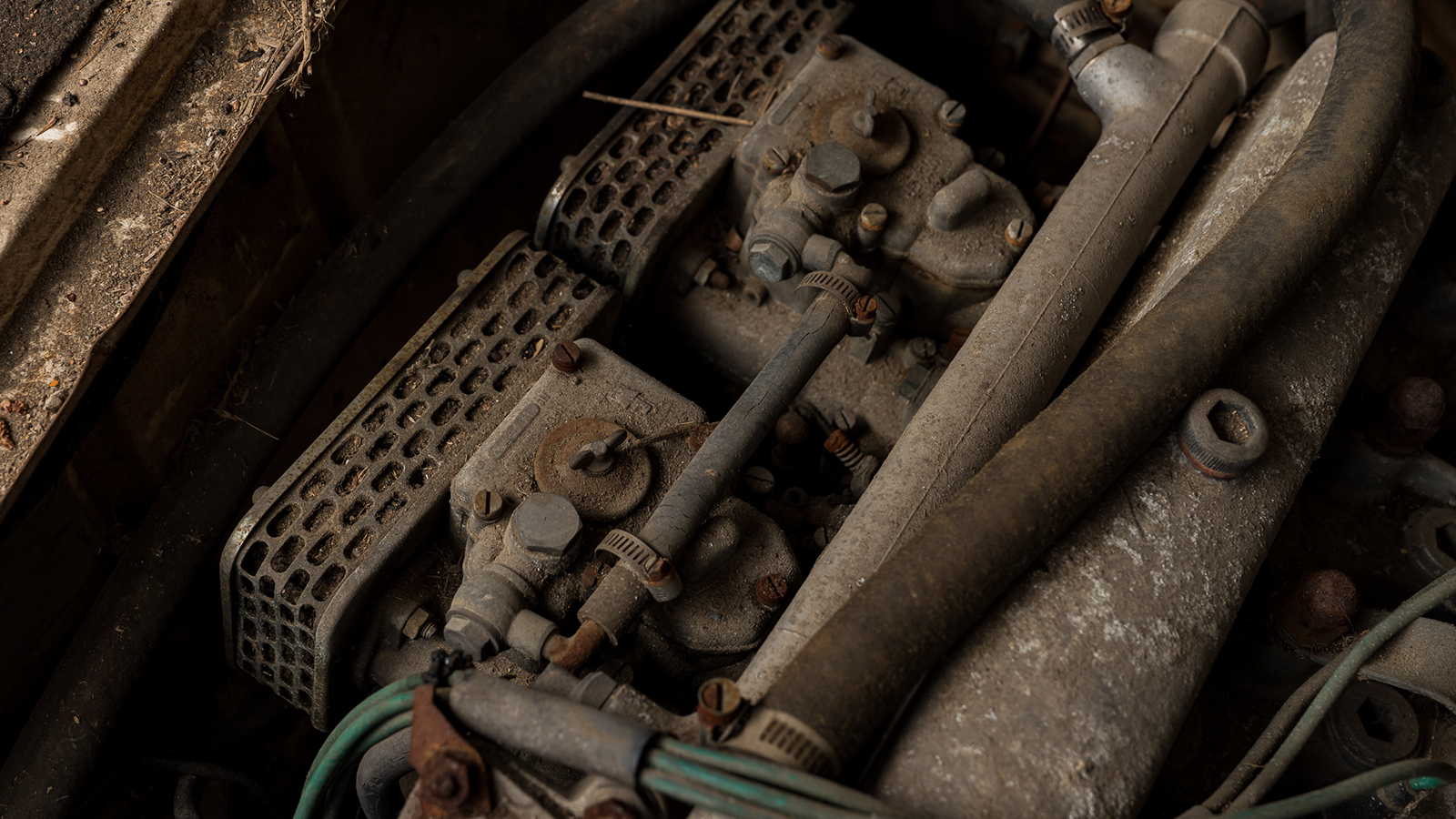 © LBI Limited
© LBI Limited -
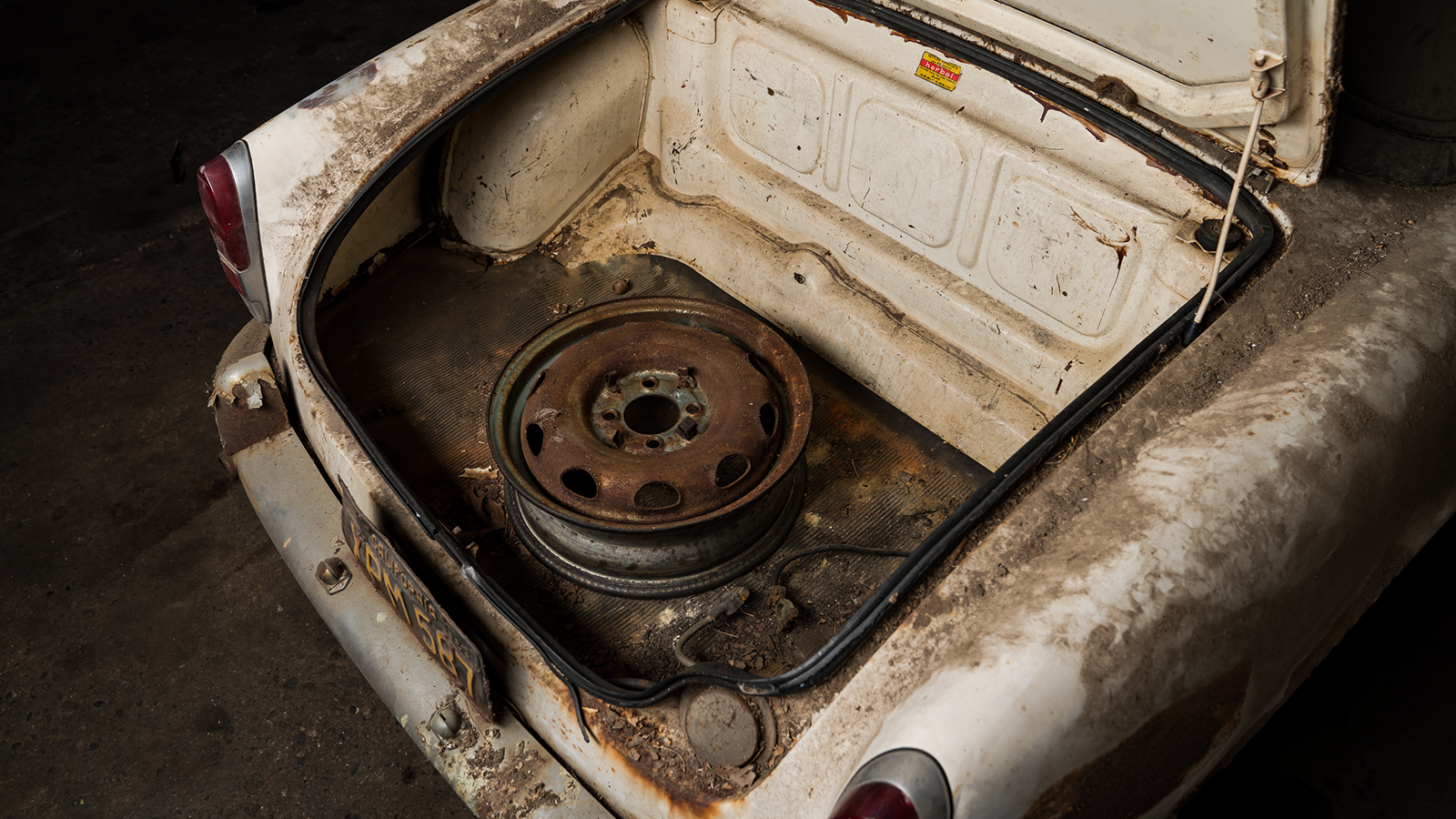 © LBI Limited
© LBI Limited
-
Philadelphia’s Milanese marvels
To find one Alfa Romeo that has been stored for more than 40 years is unusual, but to unearth five untouched Milanese classics is particularly special.
That is exactly what happened to the team from dealer LBI Limited of Philadelphia, USA (Instagram: @lbilimited), in 2020.
We can’t resist another look.
-
Opening Aladdin’s cave
“We received a tip-off from a friend about some old Alfa Romeos lying in a barn located in central Pennsylvania,” says LBI’s Adolfo Massari.
“It was a collection of five Alfas in which three of them were sealed in a lean-to type of barn. This building had been constructed specifically to entomb these cars.”
-
A Super find for an Alfa fan
Perhaps the star car in the barn was this 1967 Giulia Super.
“Typically, leads such as this rarely amount to anything,” says Massari, “but this find was a surprising exception and the timing was just right because the owner was ready to sell.”
-
Twin-cam classics see the light
Also housed in the lean-to was a 1969 Alfa 1750 Berlina and a 1976 Alfetta GT (pictured), while a separate garage on the same property contained a 1962 Guilietta Spider and a 1959 Giulietta Sprint.
-
Demolition team moves in
In order to extract the cars, the building had to be dismantled because they had been walled in with studwork.
“There is a first time for everything,” says Massari. “We can check ‘barn deconstruction’ off the list of ways in which we have had to get creative in order to exhume cars from long-term resting places!”
-
The treasure revealed
The later cars – all of which were Pennsylvania-registered – appeared to be complete.
Massari told us: “The old owner was paranoid about their safe-keeping so he literally made a building with no exit around the cars.”
-
Safety first
While the two earlier sedans were missing their bumpers, perhaps to make it easier to fit them inside their makeshift home, the remarkably solid-looking 1976 Alfetta GT wore huge Federal-spec plastic impact bumpers.
-
1967 Alfa Romeo Giulia Super
Fans of sedan-car racing – and of the movie The Italian Job – will instantly recognize this desirable 1967 Giulia Super.
Like all of the classic Alfa Romeos unearthed, it received plenty of interest at Philadelphia-based LBI Limited and quickly sold.
-
1976 Alfa Romeo Alfetta GT
Bright yellow paint and bold decals mark out the Alfetta GT as a child of the ’70s.
Like the earlier cars, it’s fitted with Alfa Romeo’s iconic twin-cam four-cylinder engine.
-
Landmark sports sedan
More than 166,000 Giulia Supers were manufactured from 1965-’72, featuring twin Weber carbs and quad headlamps rather than the single carb and twin lamps of lowlier models, along with a five-speed gearbox and all-disc brakes.
-
A racer for the road?
The Autodelta race-team sticker on the rear of the Giulia Super marks it out as having been owned by an Alfa Romeo enthusiast.
Beneath the grime it was in relatively sound condition thanks to its dry barn storage.
-
Stylish cabin
The interior of the Giulia had suffered superficial damage, but was complete and largely in good order – note the classic three-spoke steering wheel and ‘umbrella’-style handbrake.
-
Four decades off the road
Scraping back the muck revealed a permit sticker on the windshield issued in 1978 by the North Carolina Division of Motor Vehicles – could this be when the Alfa Giulia was last on the road?
-
Frustrated racing driver
There was further evidence that the previous owner was a motor-racing enthusiast to be found inside the Giulia Super, where the team from LBI Limited unearthed several copies of the British Motor Sport magazine dating from the 1960s and ’70s.
-
Rarities in the garage
In addition to the entombed trio sealed up in the barn, a more conventional double garage on the property contained a pair of desirable Alfa Romeo Giuliettas, a Sprint coupe and Spider, that had also been in storage for some 42 years.
-
Tasting fresh air once again
With no chance of getting their engines running without the risk of causing further damage, the Giuliettas had to be shifted by a combination of GoJacks and brute force.
Here the Spider emerges into the daylight after more than 40 years.
-
A life of grime
Although it had lived in more upmarket surroundings than its younger siblings in their timber coffin, the Pininfarina-styled Giulietta Spider was nonetheless caked in four decades’ worth of muck.
-
From Pininfarina to Bertone
Having extracted the Spider, the team from LBI Limited turned their attentions to the Bertone-styled Sprint, which if anything proved an even greater challenge to remove with its tires unable to hold air.
At some stage it appears to have been partially stripped for restoration.
-
Coupe with class
As well as having had much of its brightwork and lighting removed, the Sprint’s paint had been flatted back ahead of a repaint.
Aside from a little surface corrosion, it appeared to be remarkably rust-free.
-
Reassembly required
Up front, the extent of the Bertone’s stripdown was clear to see once it had made it out of the garage.
It would save time with the restoration that inevitably lay ahead, but tracking down any missing components may well prove to be a costly and time-consuming exercise.
-
In the engine room
Fortunately, however, the Alfa Romeo’s all-important 1290cc twin-cam heart remained in place.
Wearing a single Solex carburetor, it appeared to be the standard 80HP model – but with just 1895LB to shift, that’s still enough for a maximum speed of more than 100mph.
-
Behind the wheel
Inside the Sprint there was more work to be done, but like the exterior it appeared to be sound.
Even the two-tone blue-and-white seat trim remained, albeit looking tatty, but the carpets had largely rotted away and the steering-wheel boss was missing.
-
Flat as a pancake
A glance at the state of the rear rubber of the Giulietta Sprint quickly revealed why getting it out of the garage proved such a challenge: these ripped, warped and crazed tires weren’t going to be holding air any time soon.
-
Reunited once again
With both of the early cars dragged into the daylight, the handsome Giulietta pairing added to a great day’s work for the LBI Limited team.
Unsurprisingly, the cars garnered plenty of attention from Alfisti and quickly found new homes.
-
Spider under the spotlight
“We took some studio photos of the Spider after we saved it from the barn and took it back to our showroom,” says LBI’s Adolfo Massari.
In these moody conditions, the Giulietta’s remarkably preserved state can really be appreciated.
-
Dream restoration project
Although it had clearly suffered as a result of its long period entombed, the Spider in particular was highly complete.
It was also wearing a desirable hardtop in contrasting black and, according to its rescuers, was displaying only relatively superficial rust.
-
Scruffy but sound
There were signs of past remedial work in the lower half of the Spider’s bodywork, but in the main it appeared to be remarkably original and unmolested.
An ideal basis for a restoration.
-
A famous name awaits revival
The Giulietta’s intricate brightwork had oxidized, leaving a strangely appealing blue-green finish that appeared to protect the metal beneath, with only the chromed steel bumpers suffering serious corrosion.
-
The stylist’s signature
Unlike the Bertone-styled coupe, the Giulietta Spider featured coachwork by Pininfarina.
The famous crest of the legendary Torinese carrozzeria is emblazoned on the flanks of the 1962 Alfa.
-
Automotive archaeology
Like the Giulia Super, the Giulietta Spider wore evidence of its most recent outings on the road in its windshield.
Once again the year was 1978, but little more detail could be gleaned from the remnants of the window sticker.
-
A place in the sun
Unlike the younger cars, which all wore Pennsylvania registrations, and the Giulietta Sprint which wore no license plates at all, the Spider’s battered plates betrayed that it had spent at least part of its life in the sunny climes of California.
-
Handle with care
Further investigations unearthed this rather ironic sticker in the window of the Spider’s hardtop, advising owners not to use ‘dry, dirty or coarse wiping cloths’ but to use a ‘soft damp cloth’ only.
Somehow, we suspect it’s going to take a bit more than that to shift those four decades of grime.
-
A moderate mileage
The Spider’s kph speedometer has crude miles-per-hour markings hand-applied to help its US-based driver stick to local speed limits, and the odometer shows just 77,728km (around 48,200 miles).
With the car having been in storage for so long, there is every chance that number could be genuine.
-
Music on the go
We’re not sure whether this Motorola AM/FM Solid State radio was original to the car, but it certainly gave a period look.
The dashboard pad above appeared to have suffered badly in the California sunshine in which the Spider basked earlier in its life.
-
Go-faster Veloce version
A peek under the hood reveals that this particular Giulietta Spider, a later 101-series car, is to Veloce specification, with the twin Weber carburetors that lifted power by 20HP and gave the sportiest variant a 120mph top speed – heady stuff for a 1290cc car in 1962!
-
Originality is king
The engine bay, just like the rest of this Giulietta, was packed with little details that marked it out as an original car and will no doubt make the process of rebuilding it that bit more exciting.
-
Keeping rot at bay
The luggage bay was far less rotten than you'd expect for an Italian classic car of this age, particularly one that has spent so long off the road.
But there’s a good reason for that… the little sticker at the back of the trunk proudly proclaimed that the car had been given an anti-rust protection treatment from new by a company in Milan.
